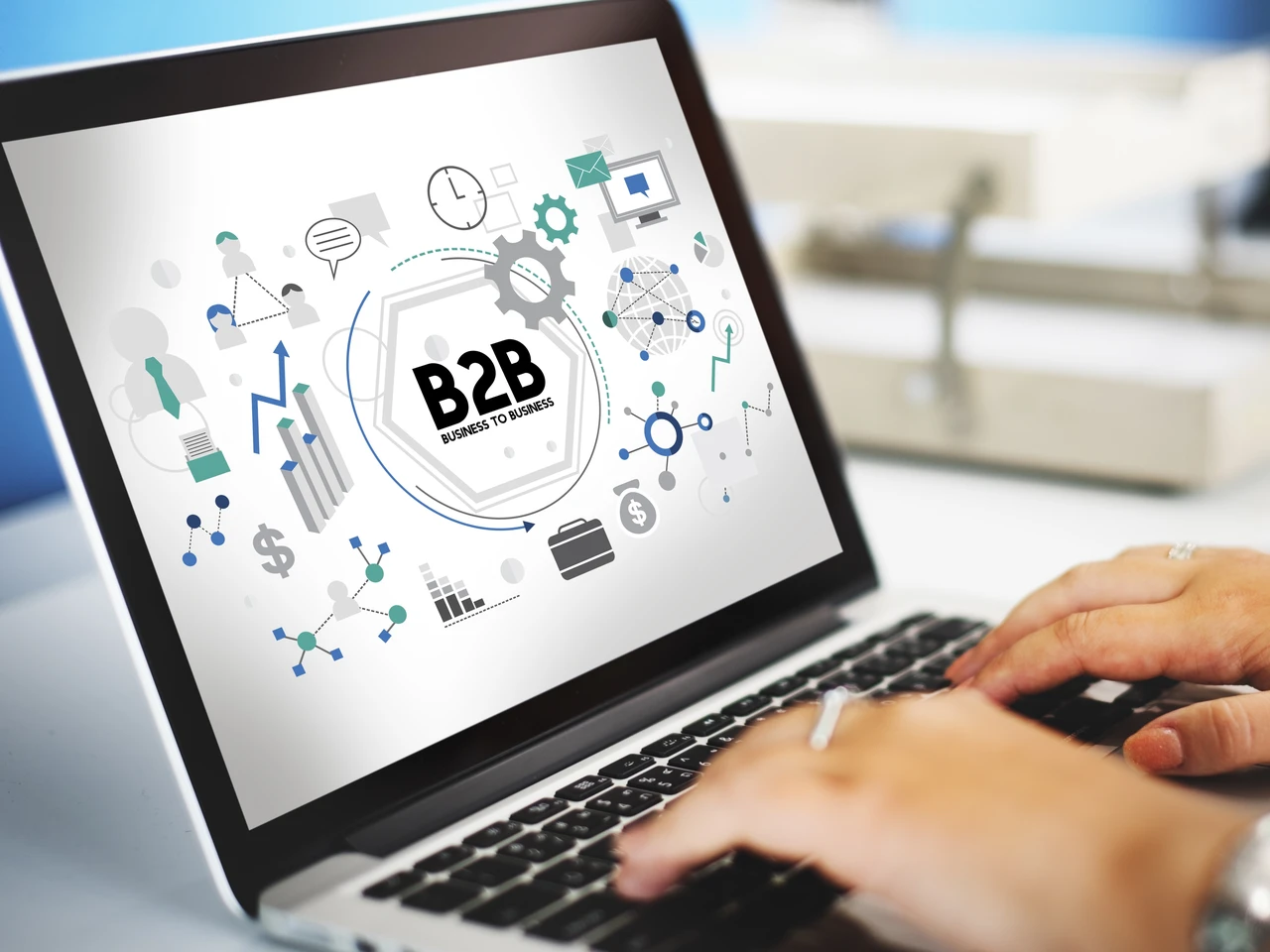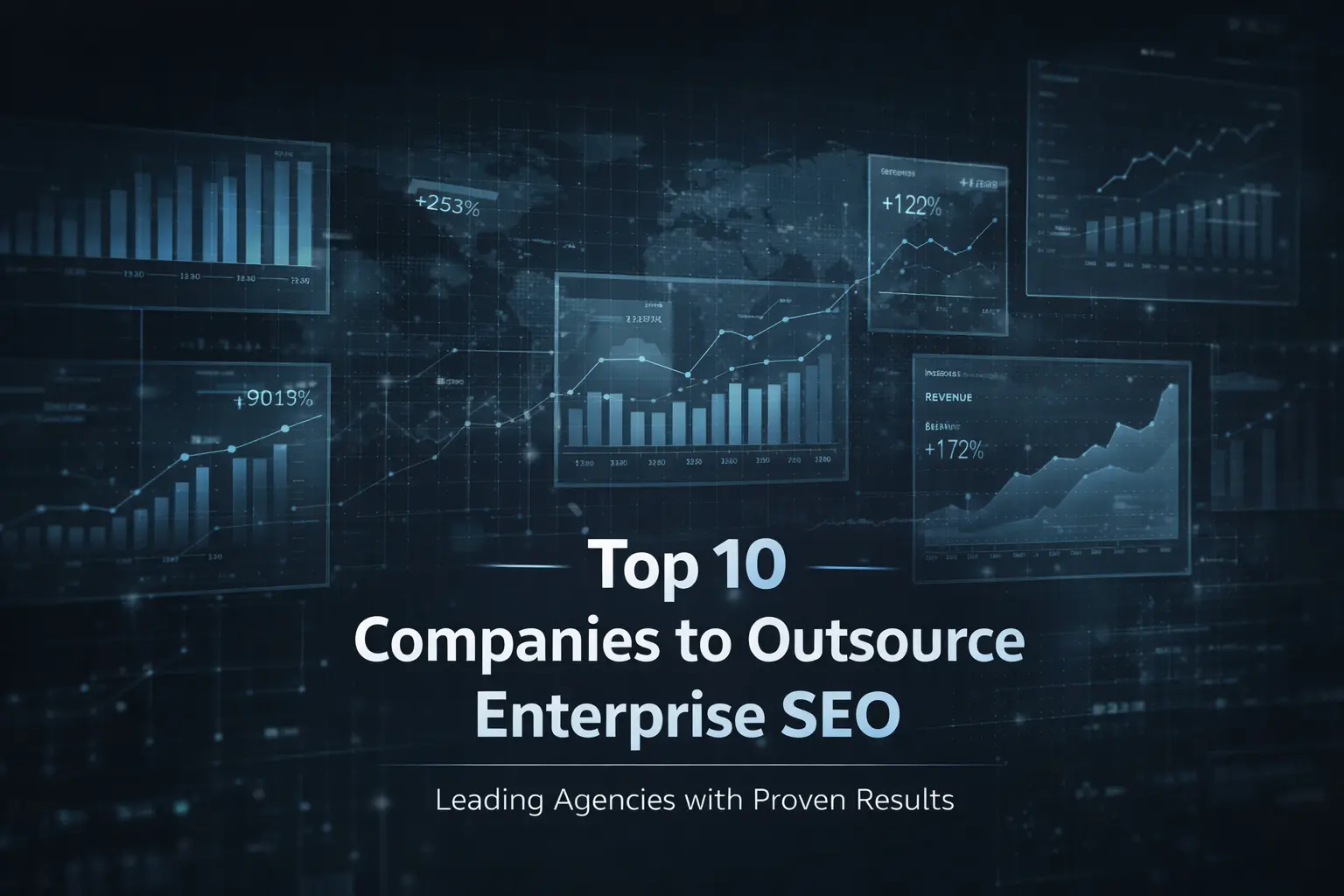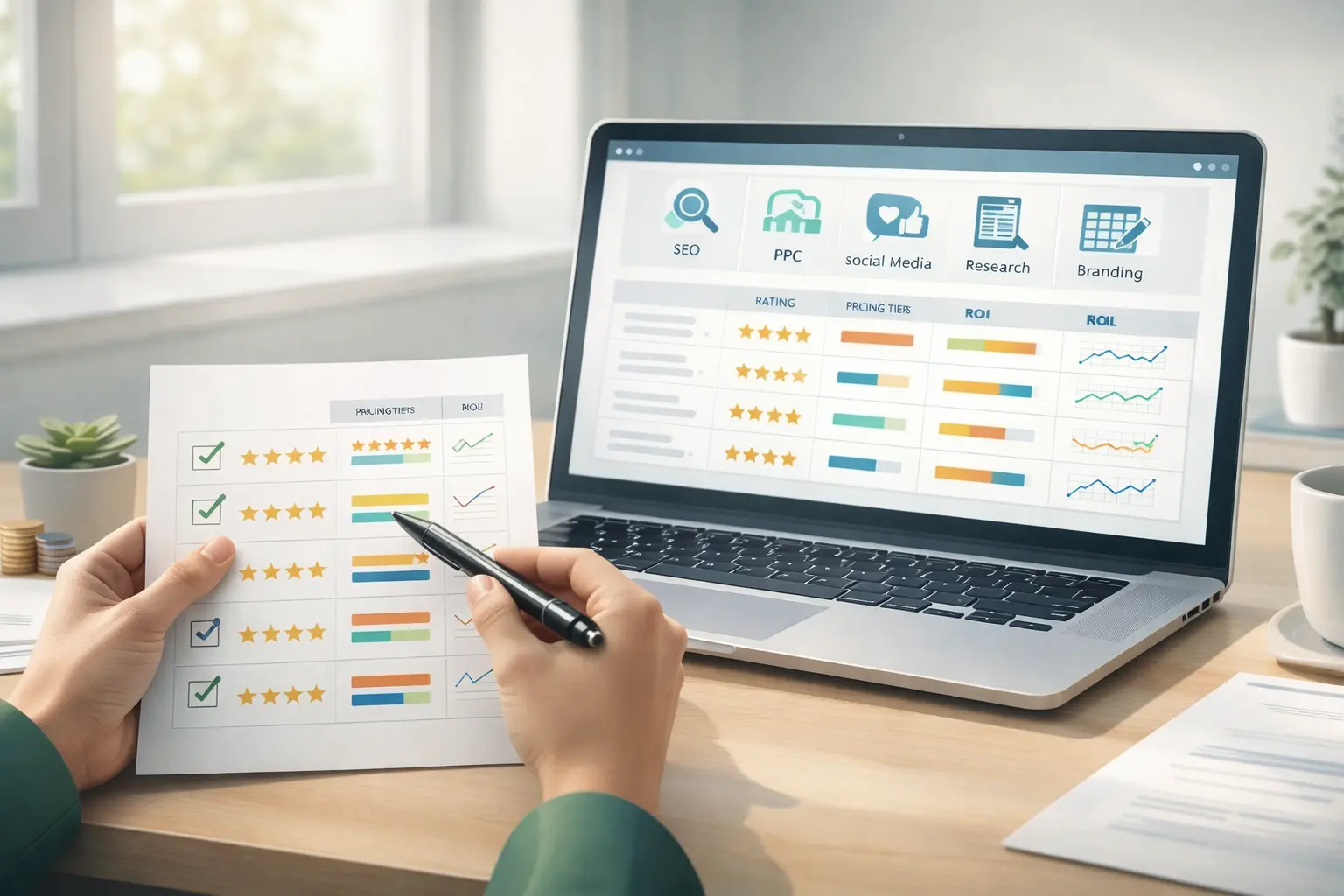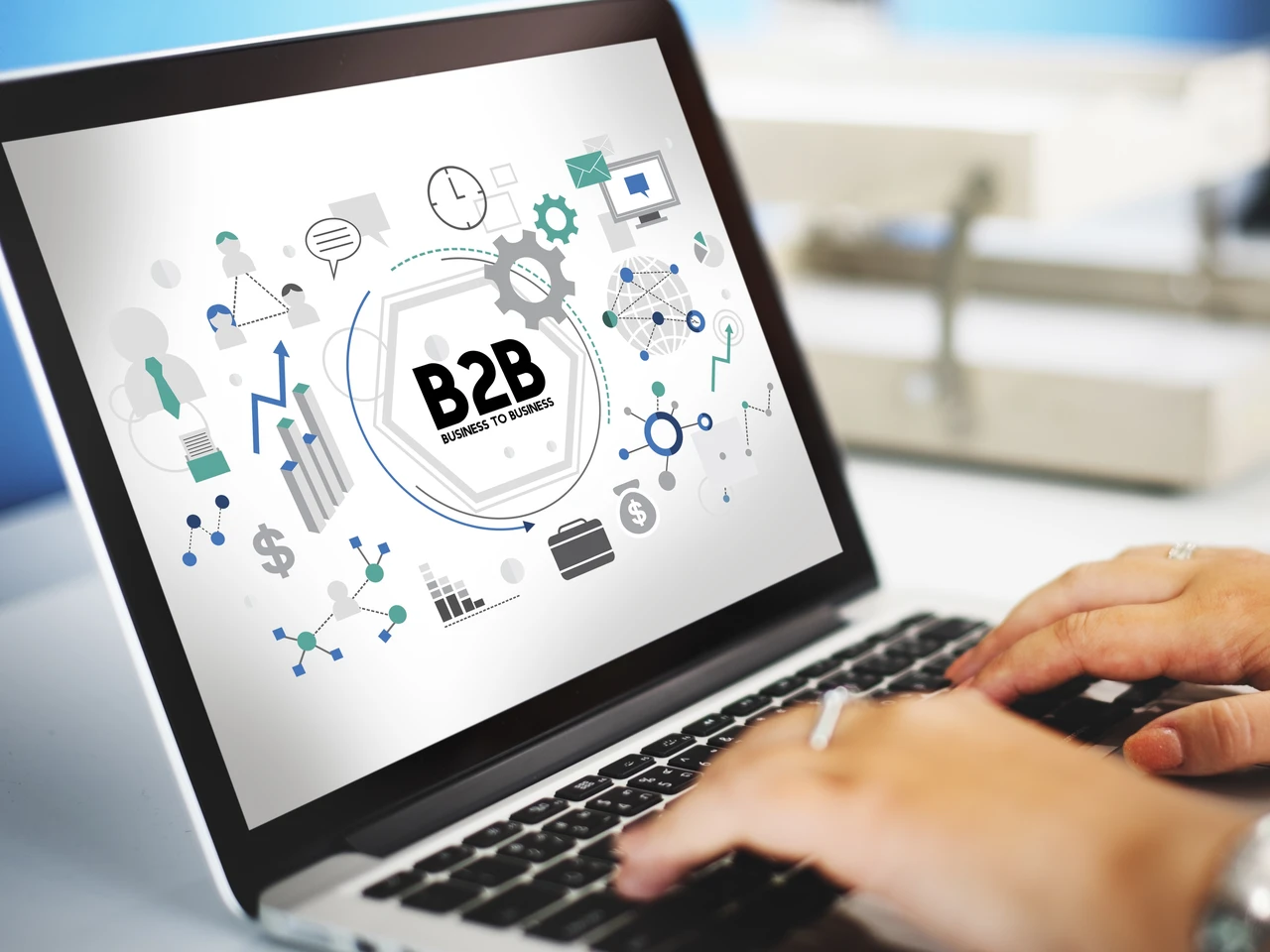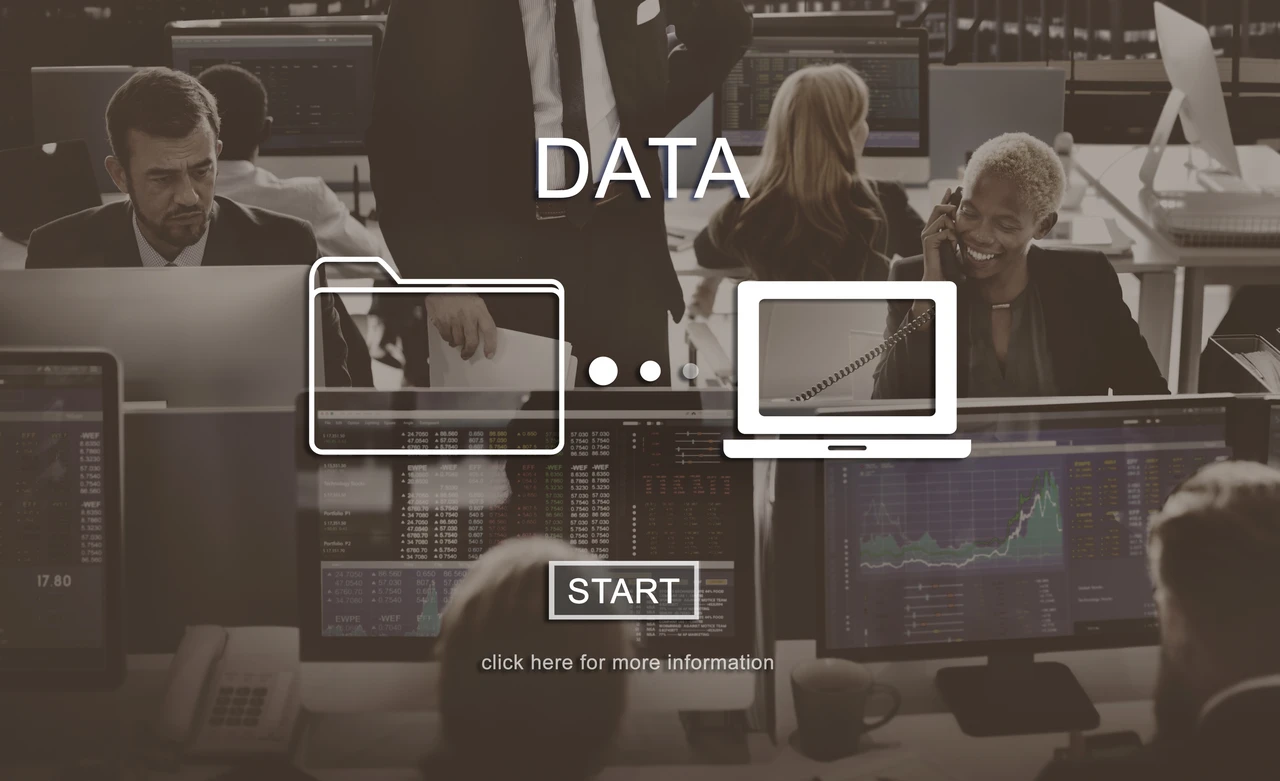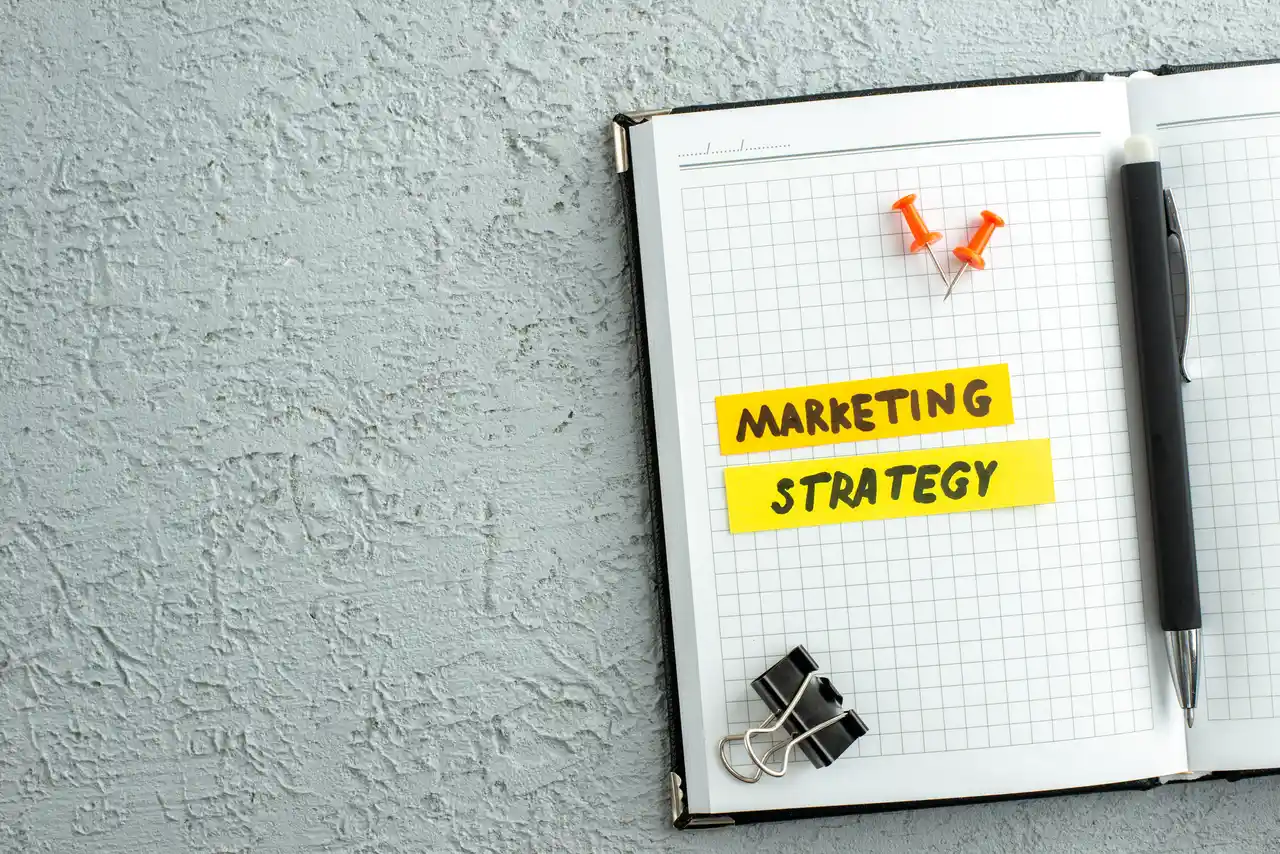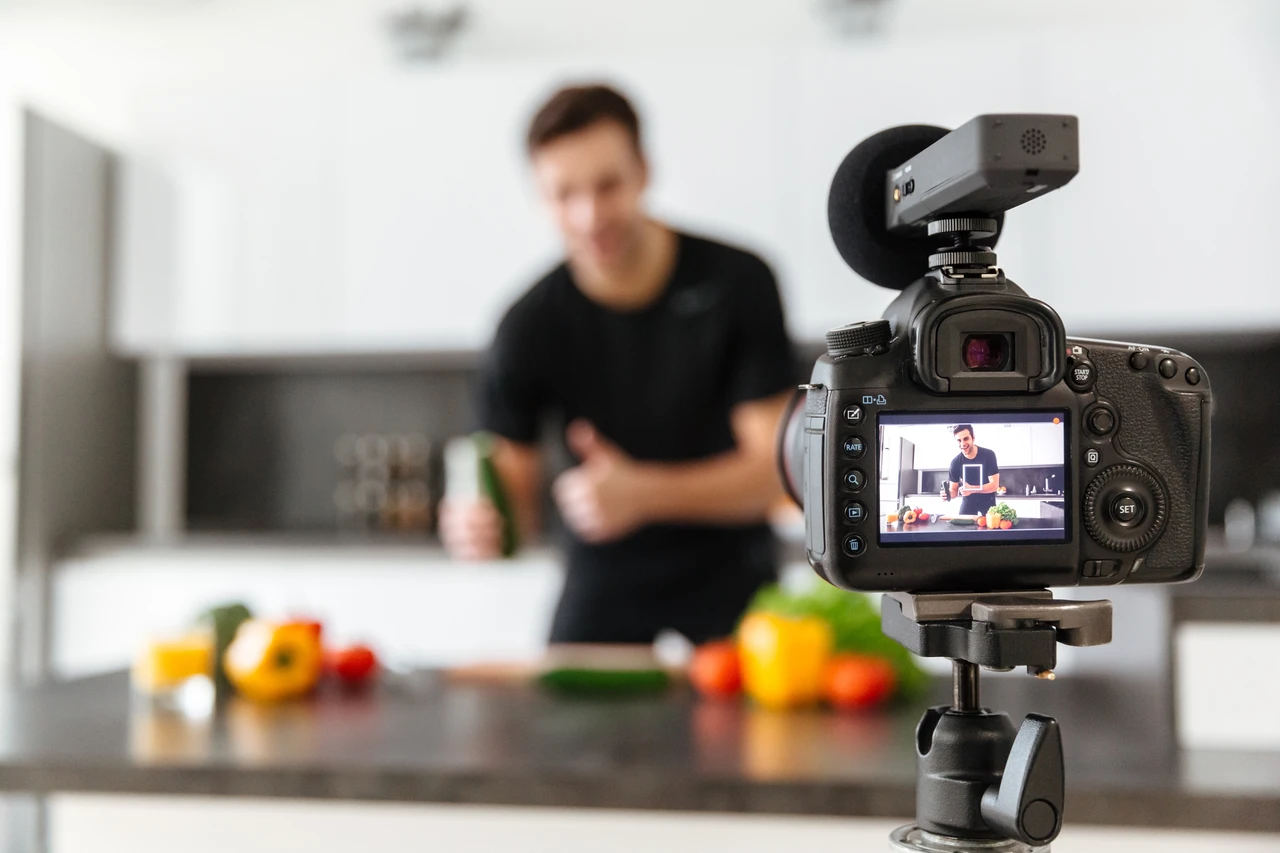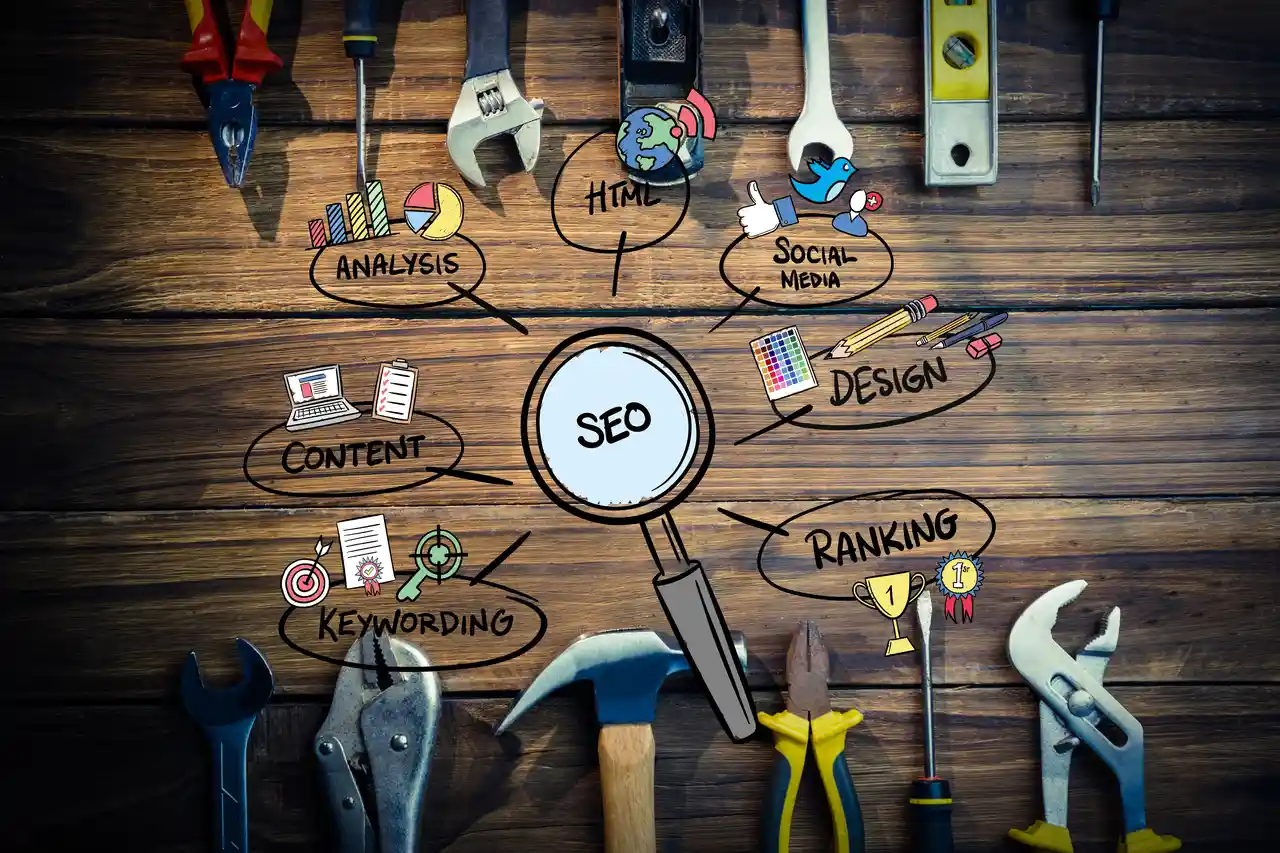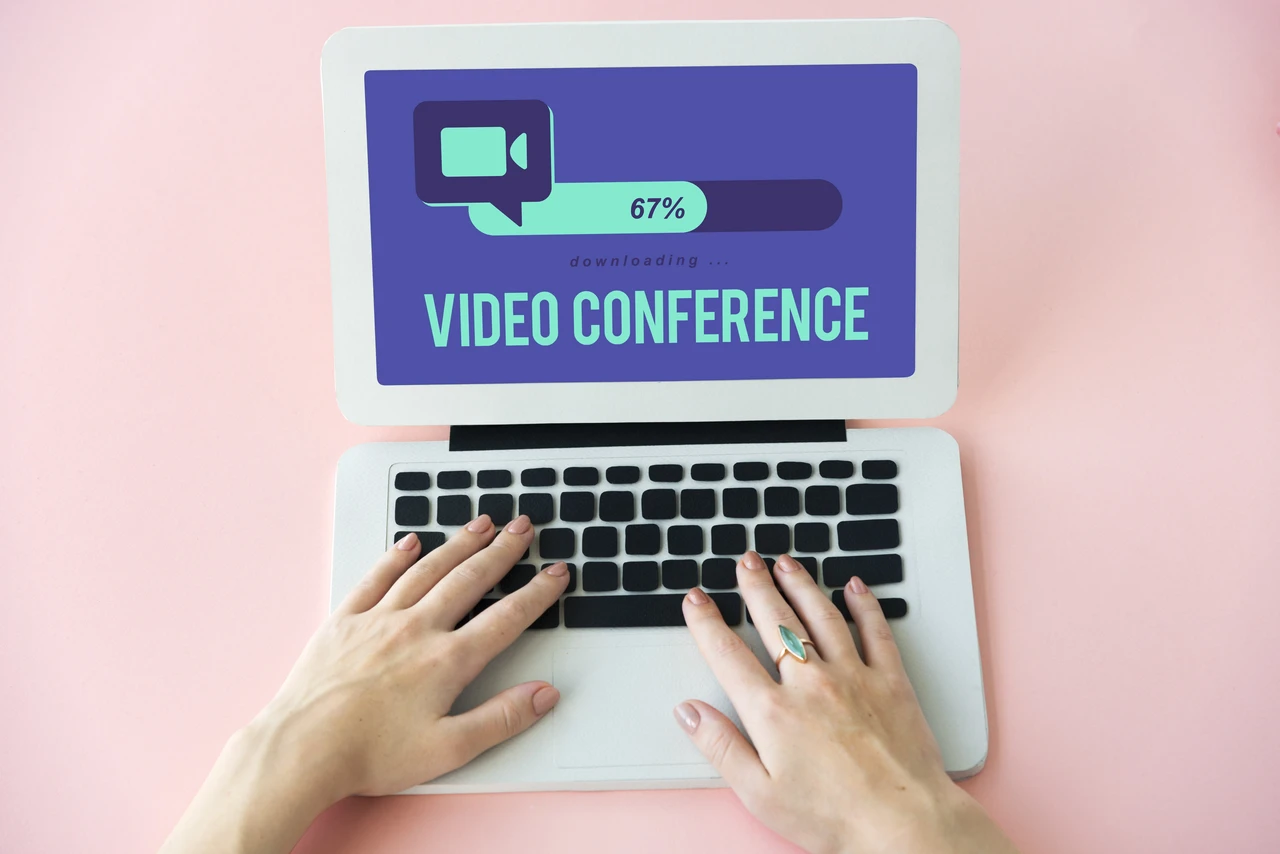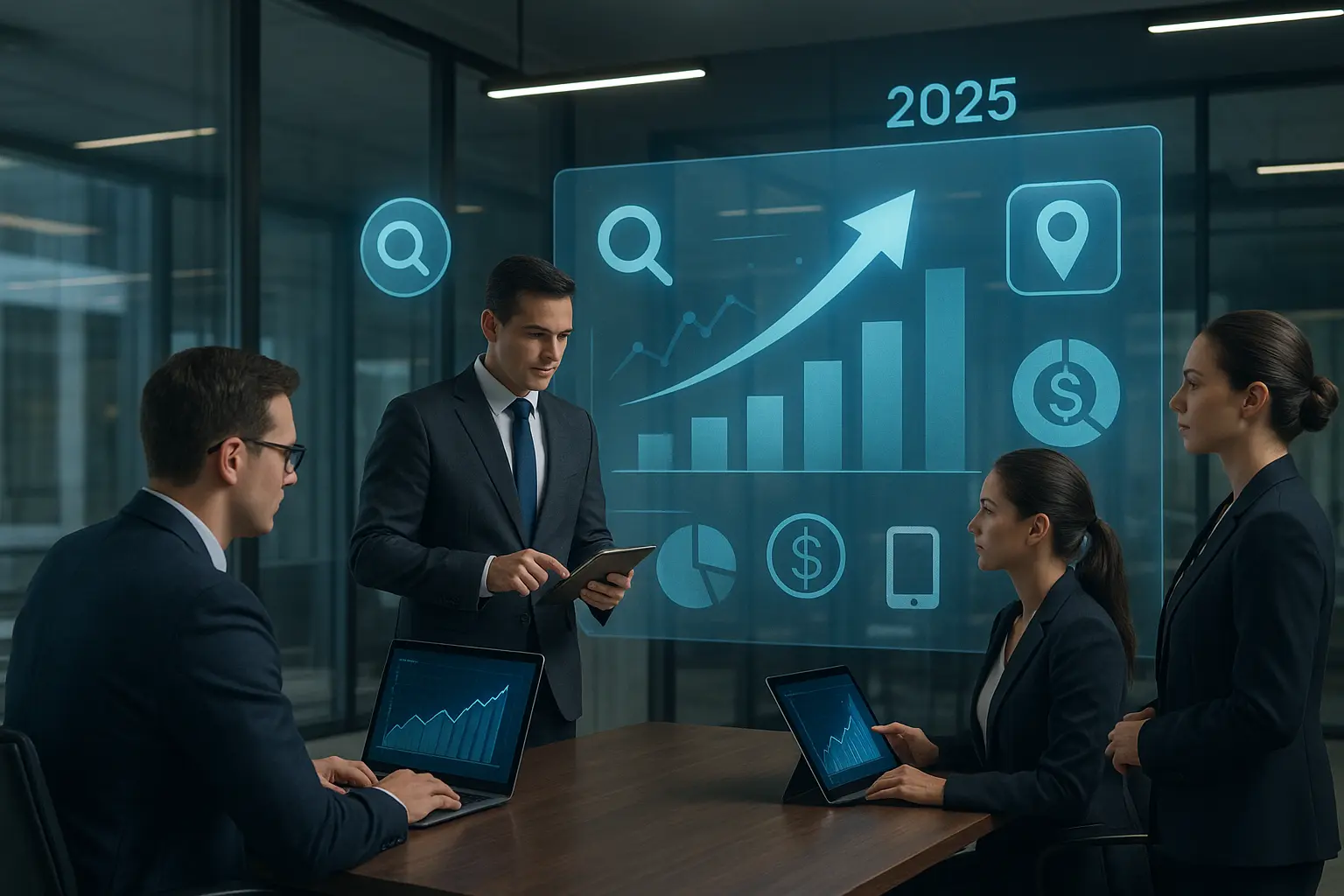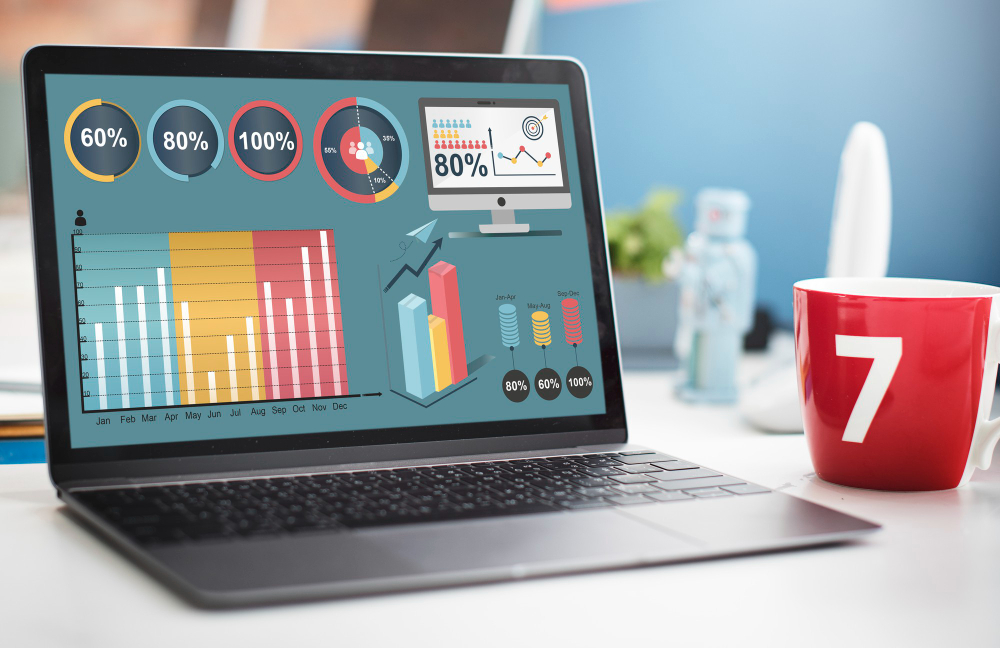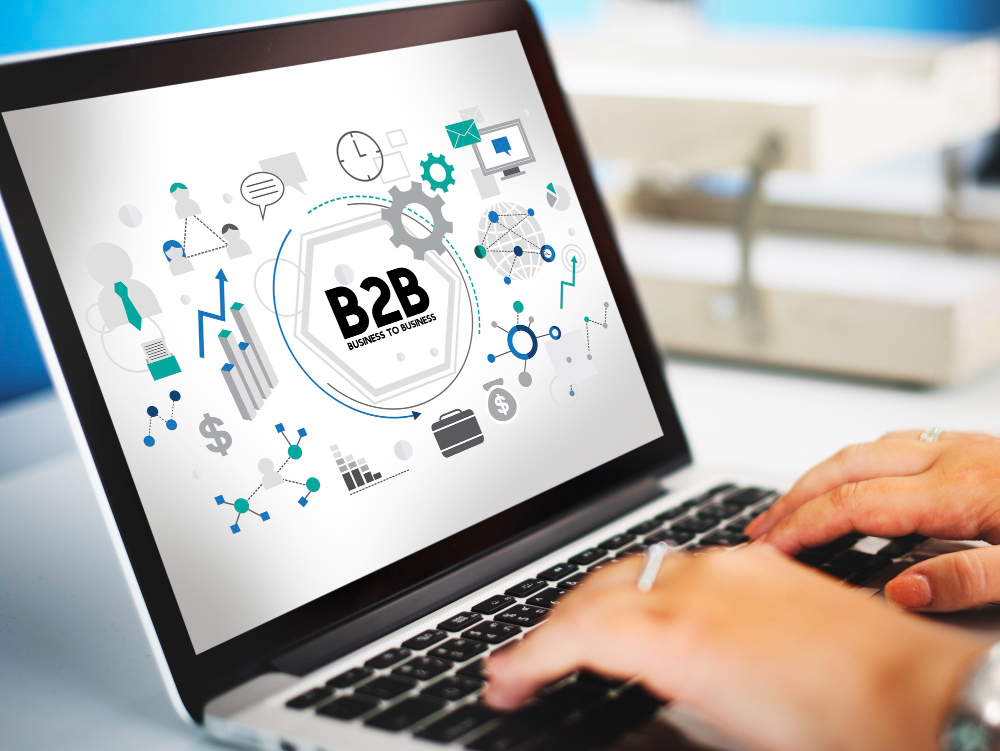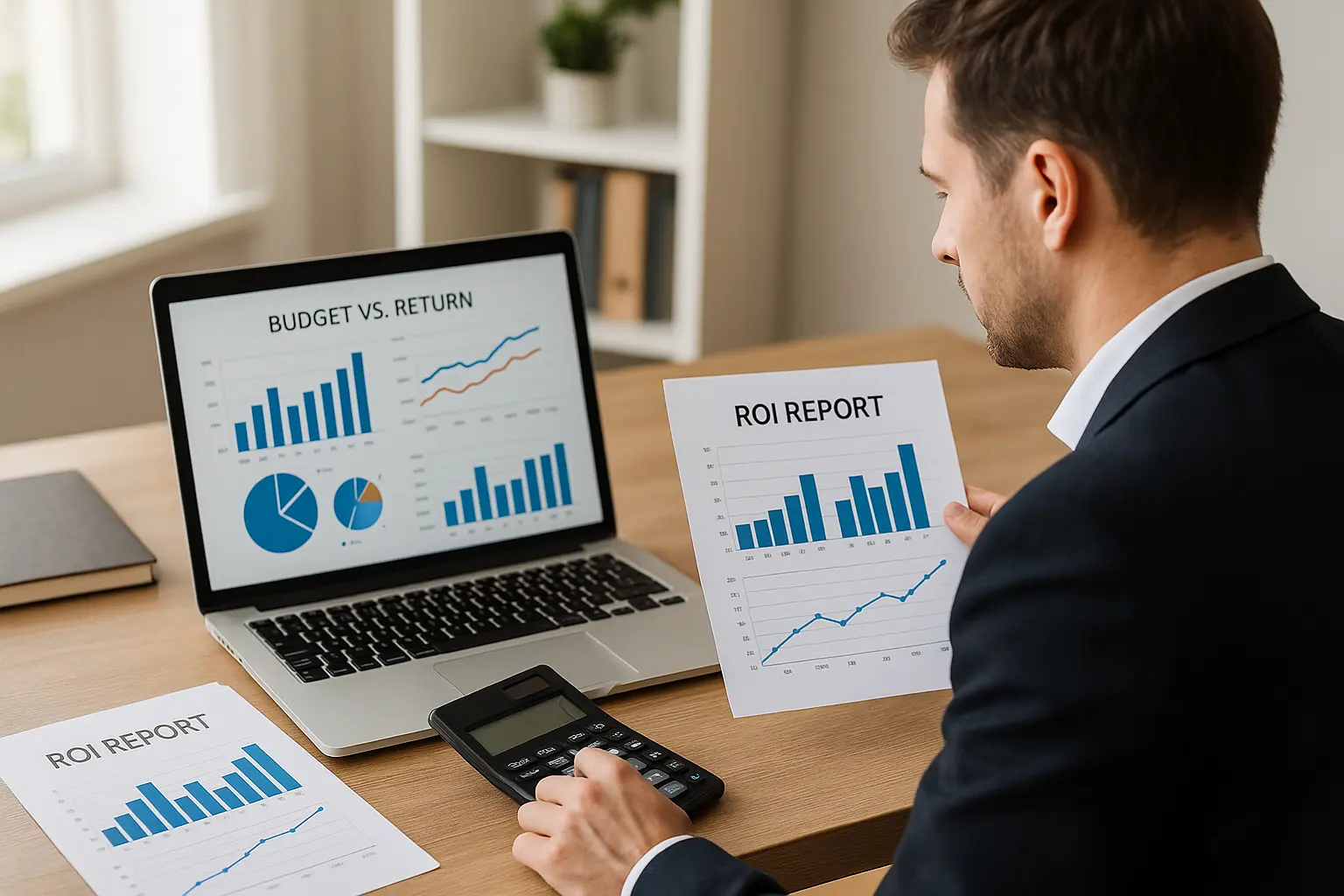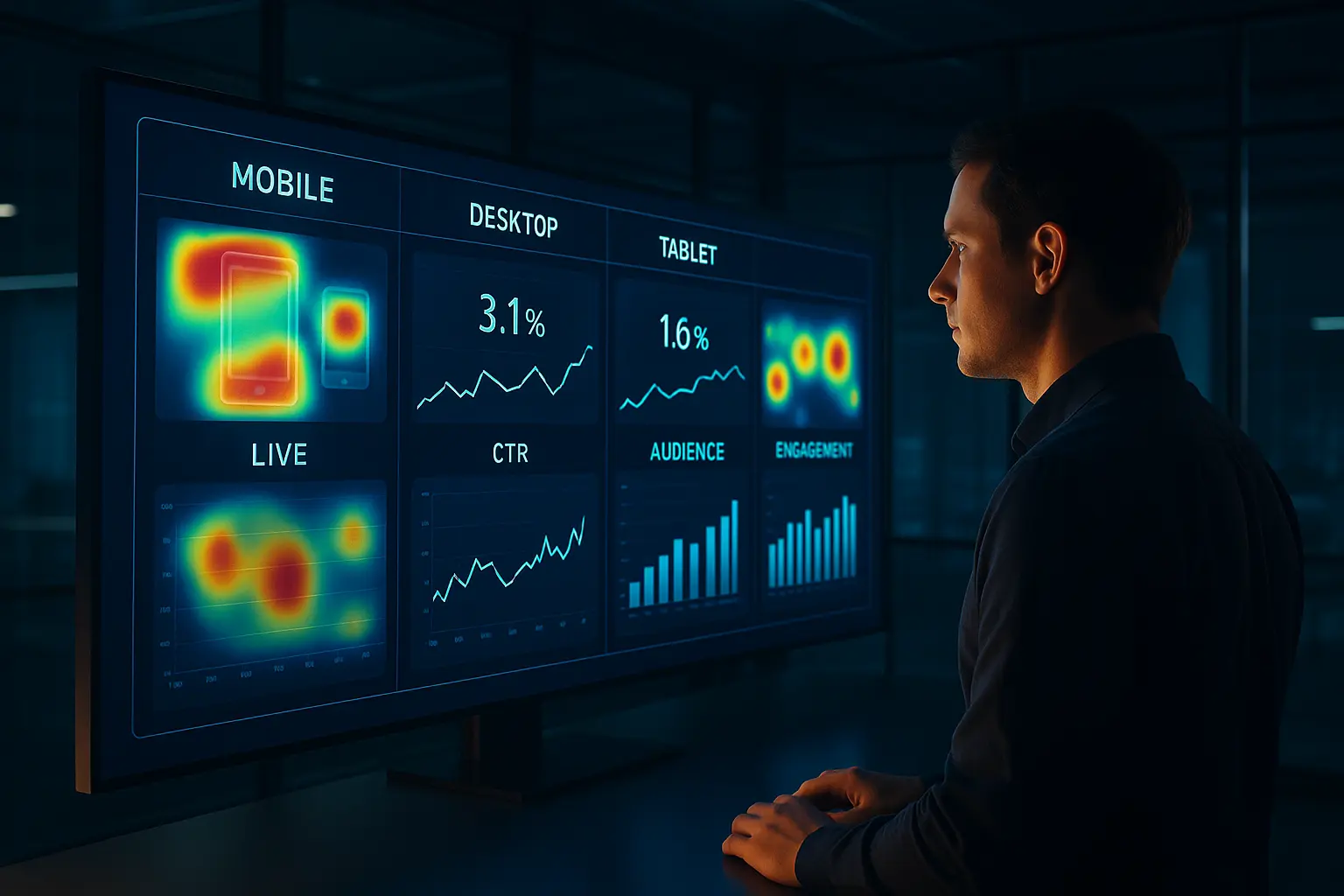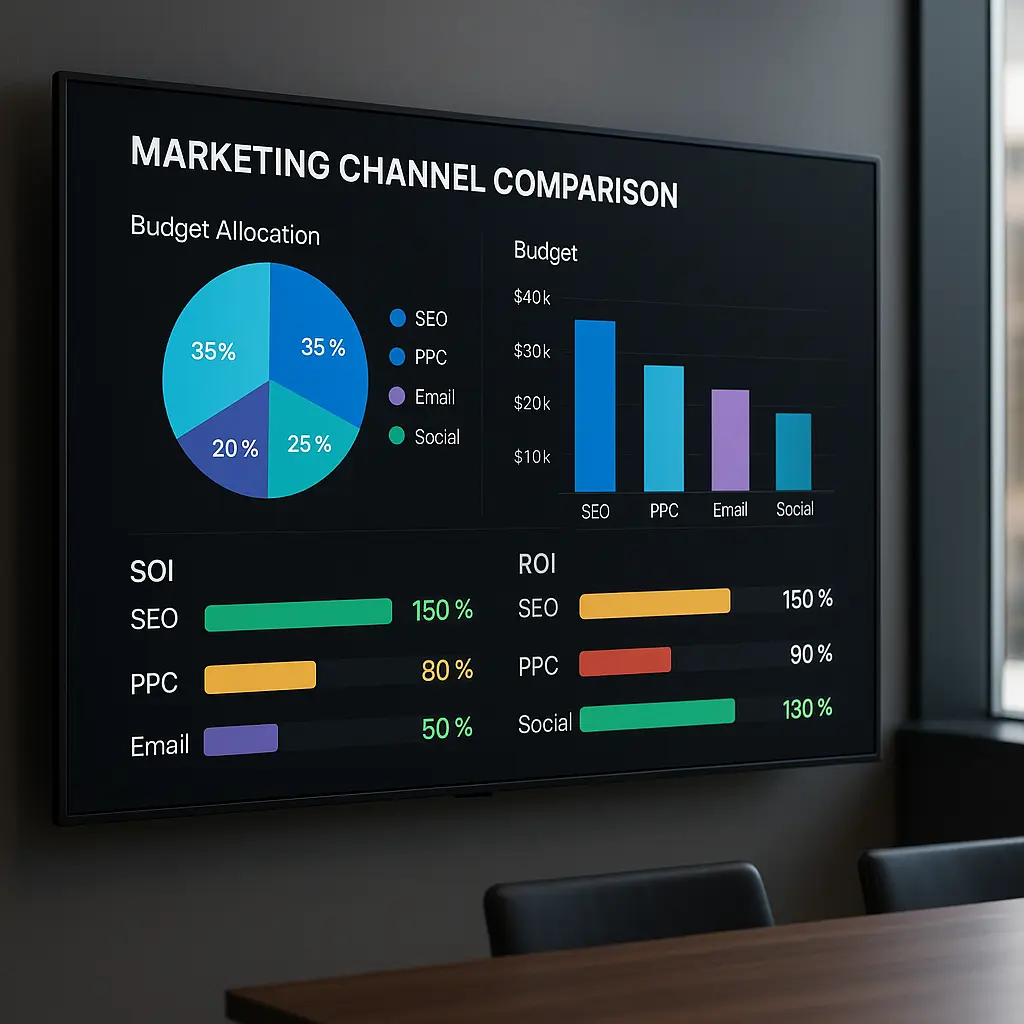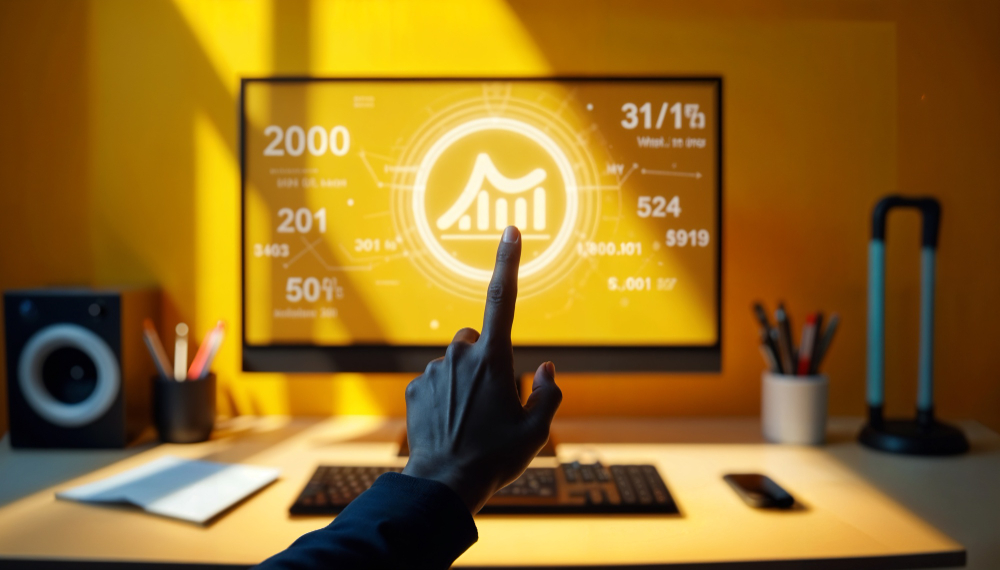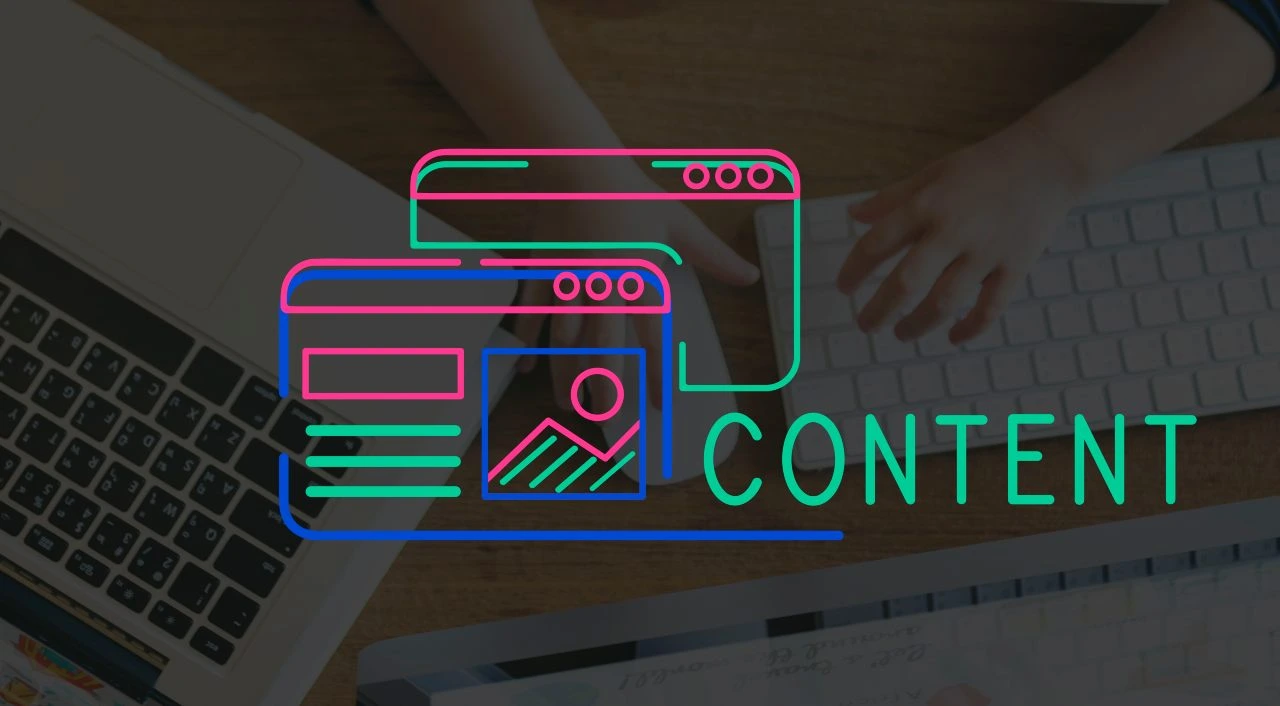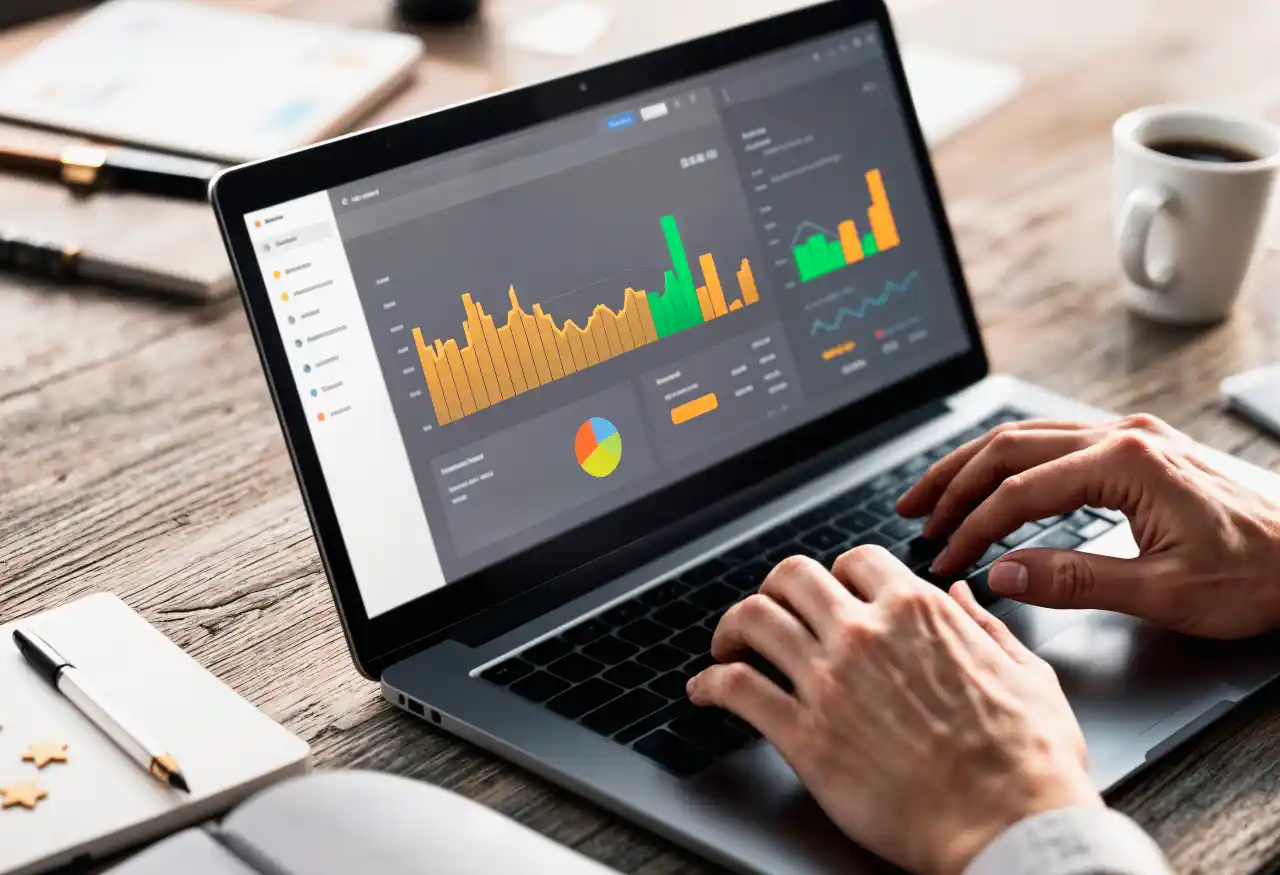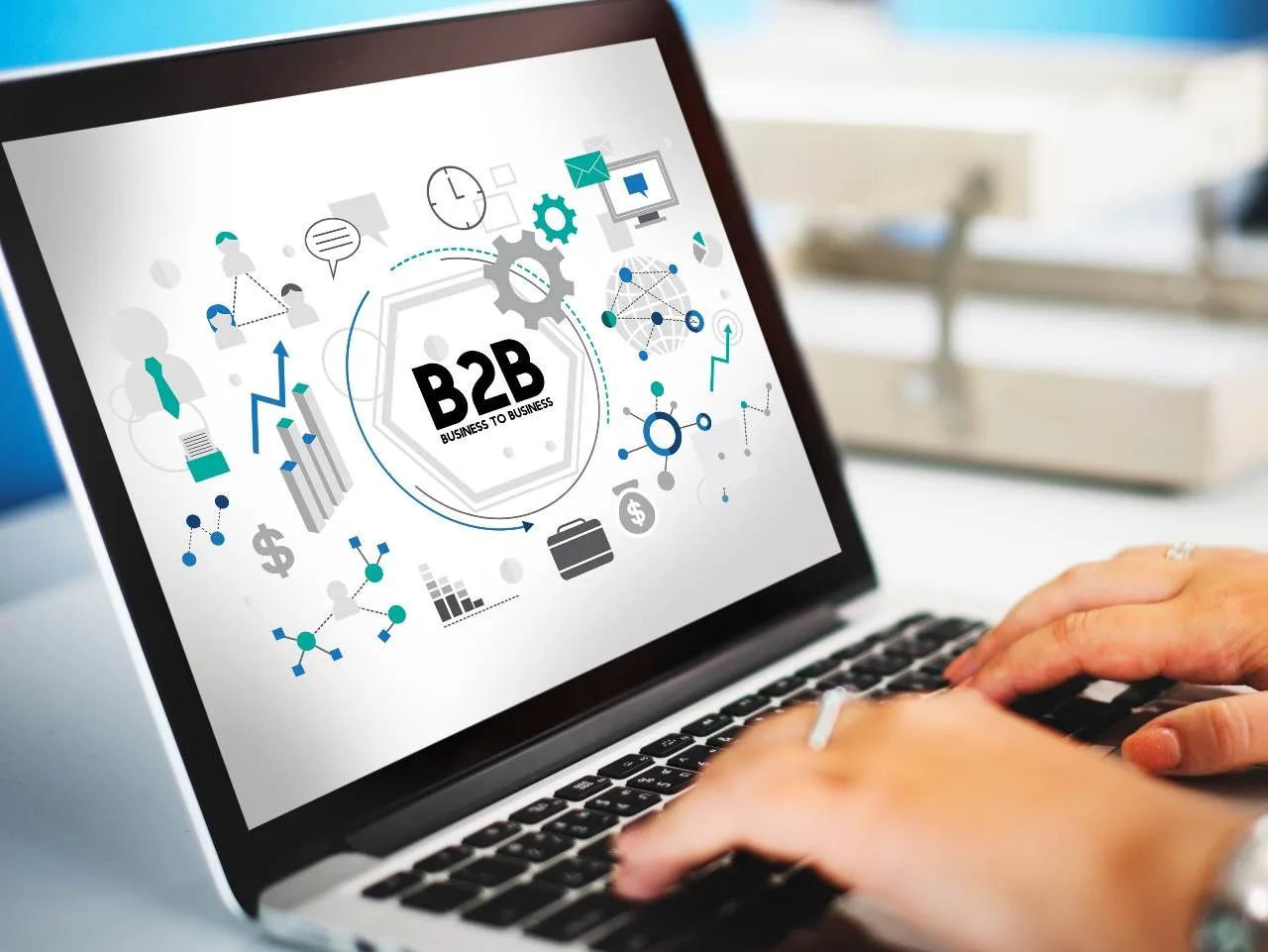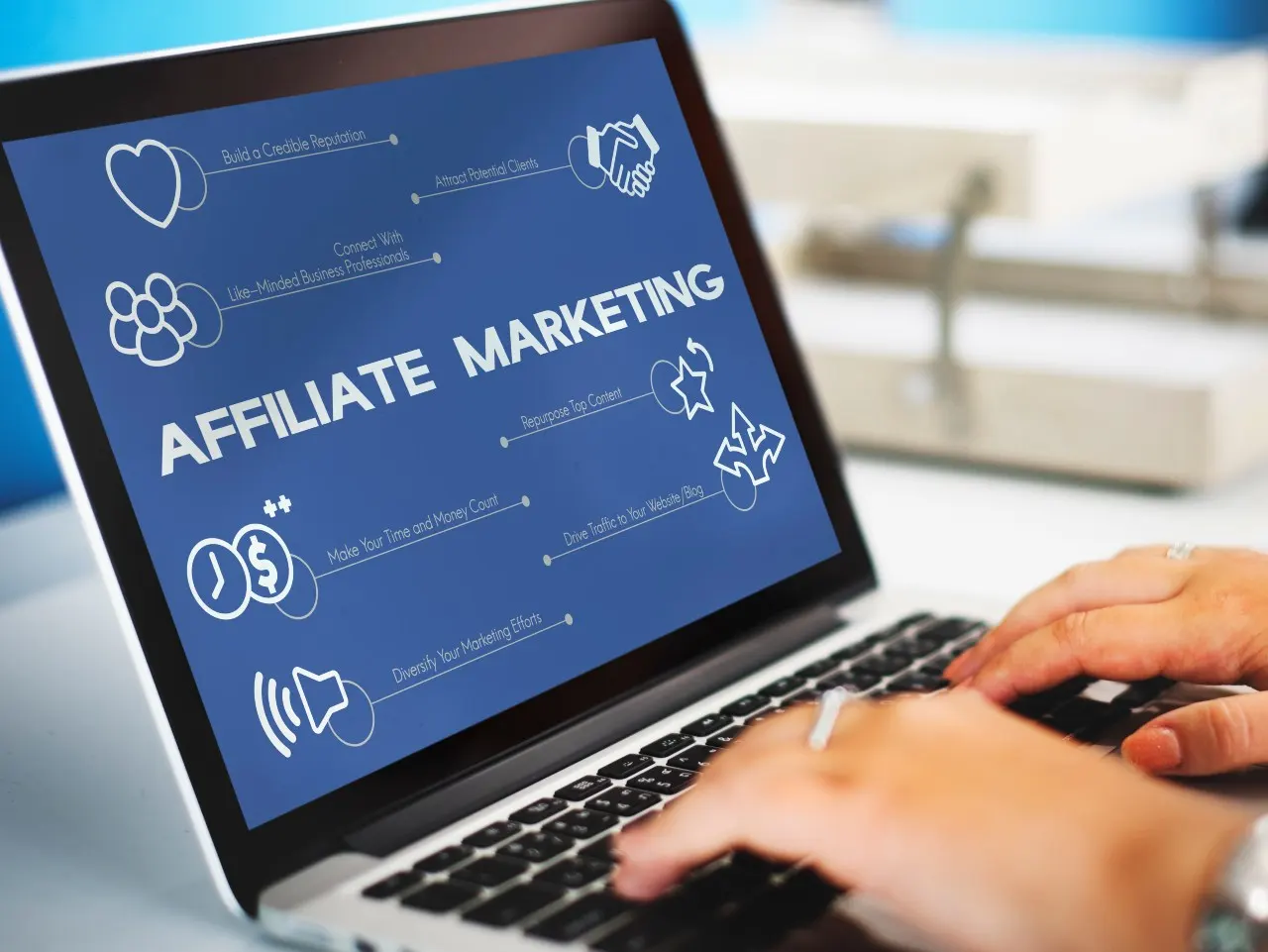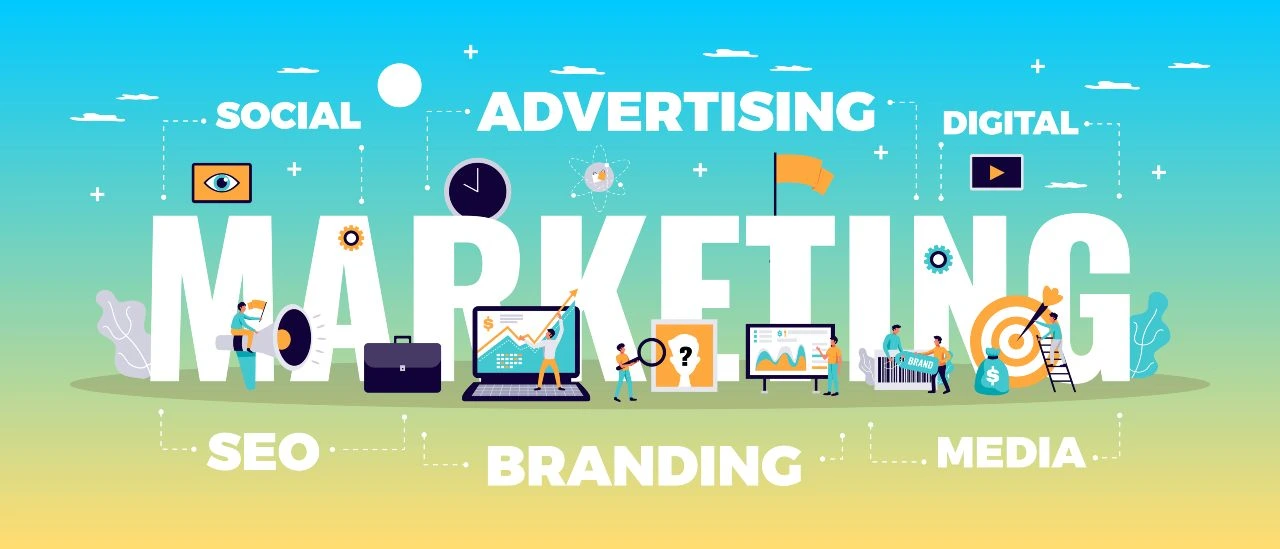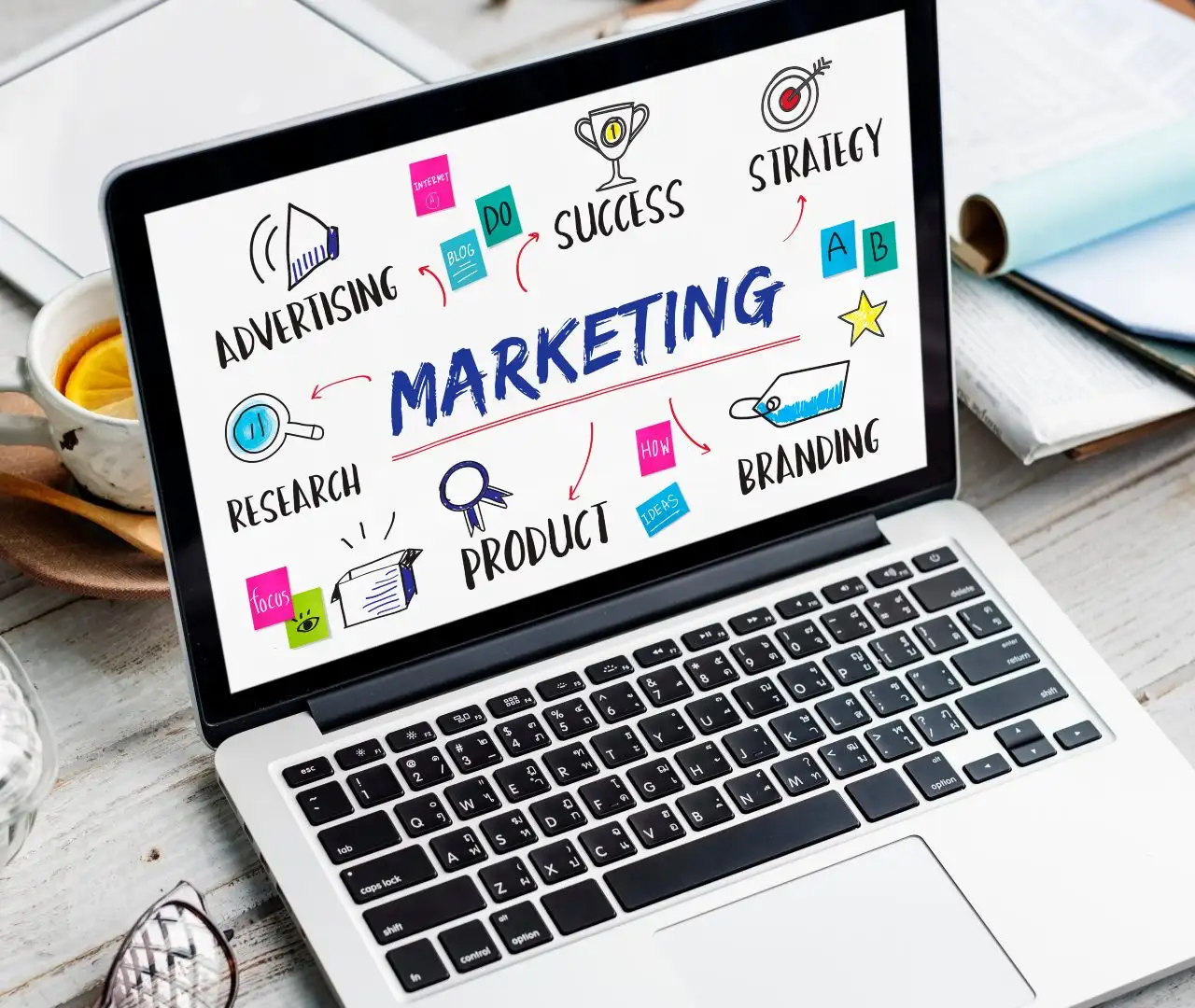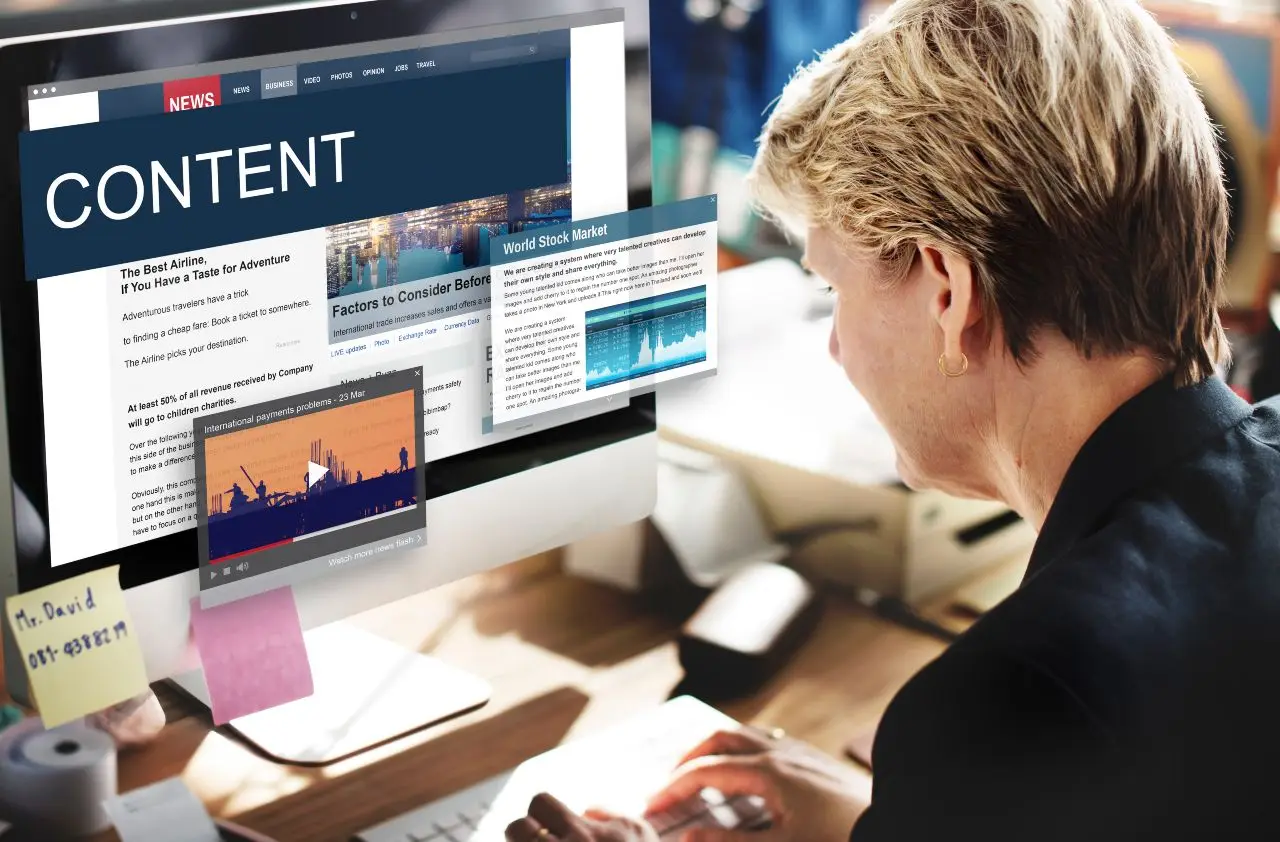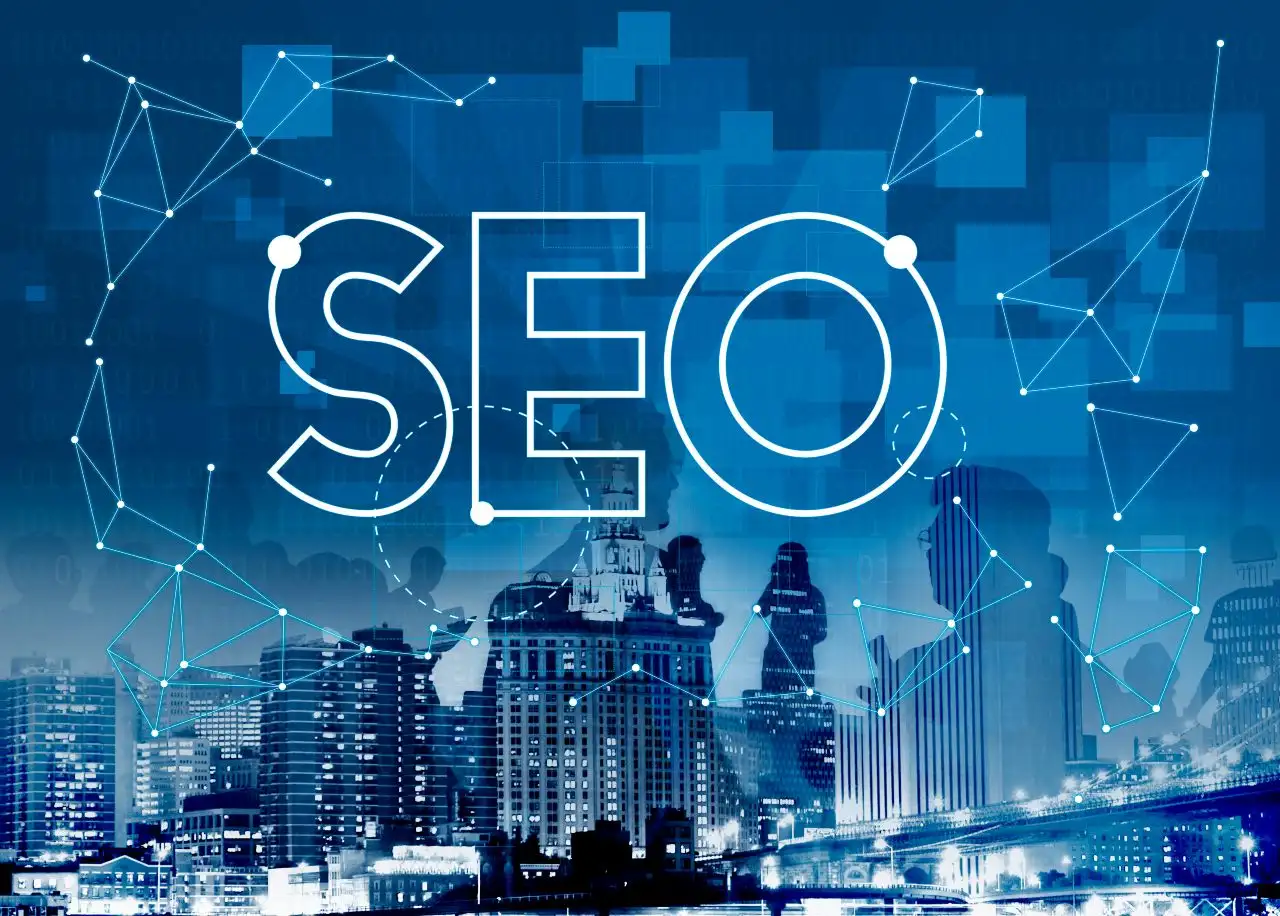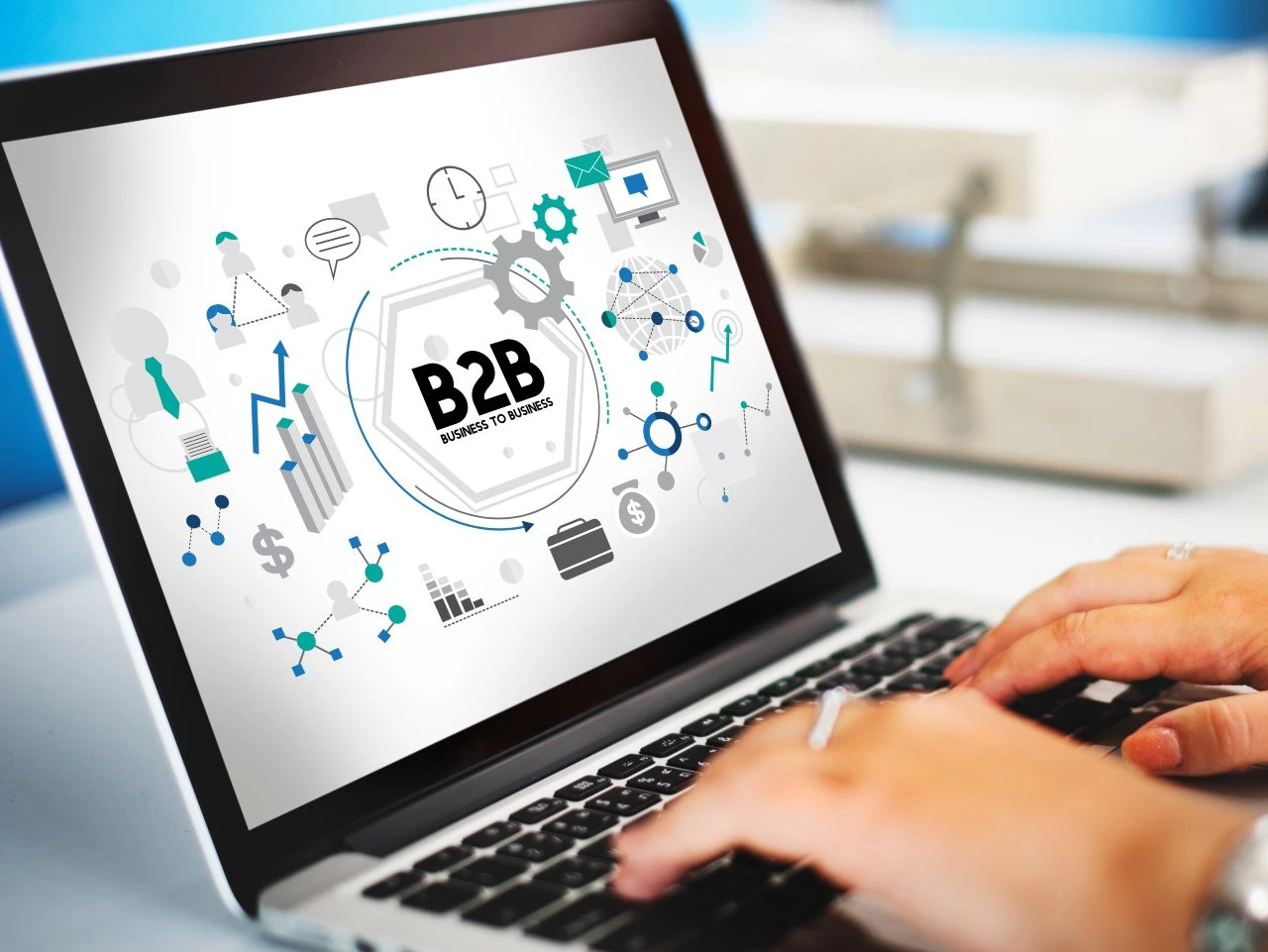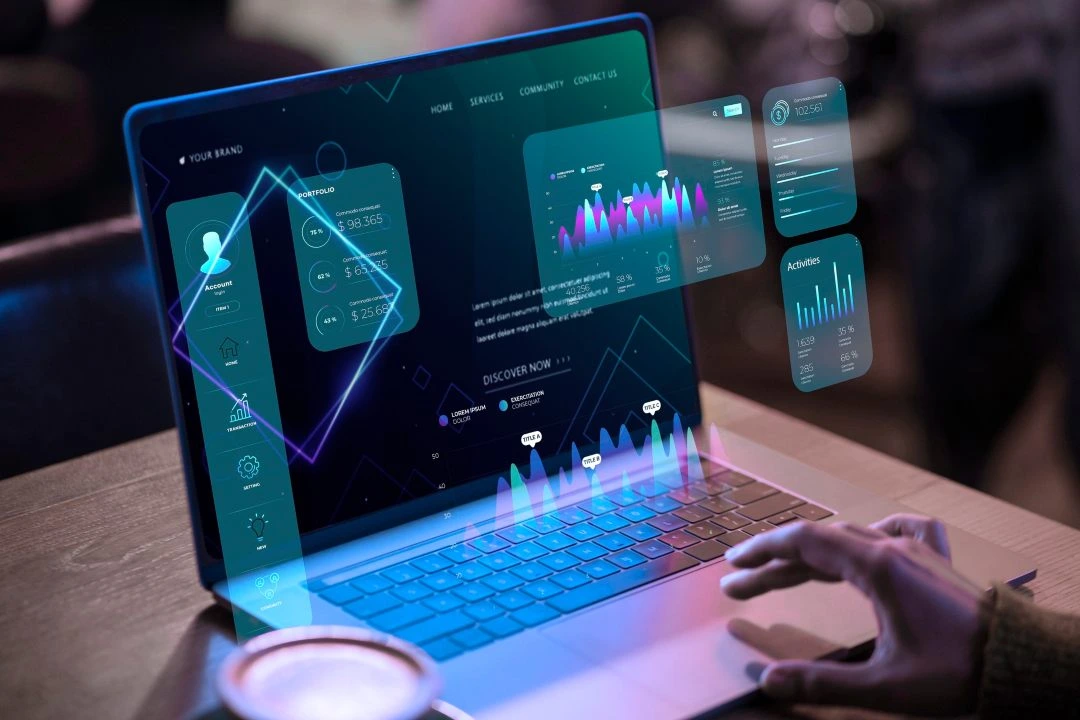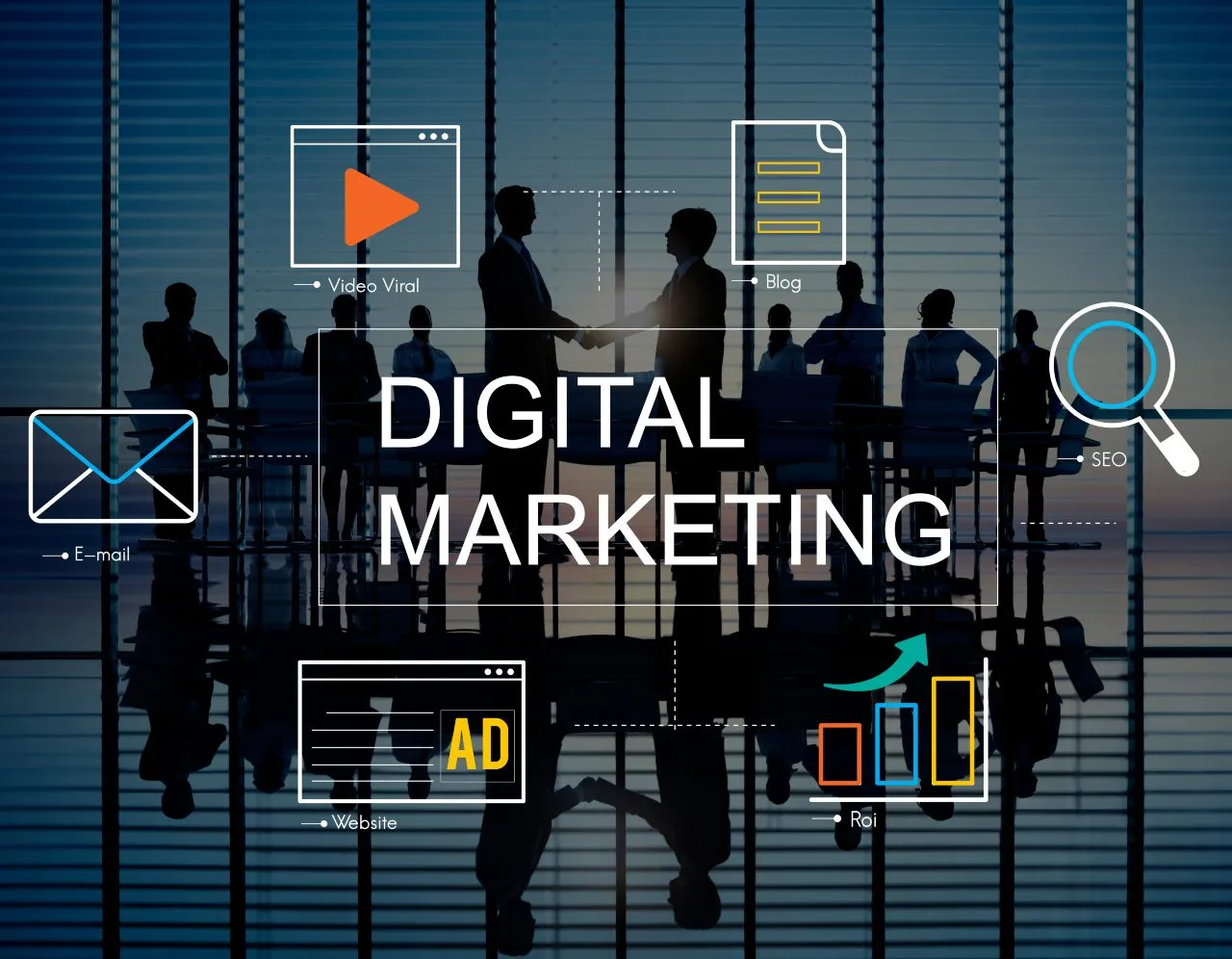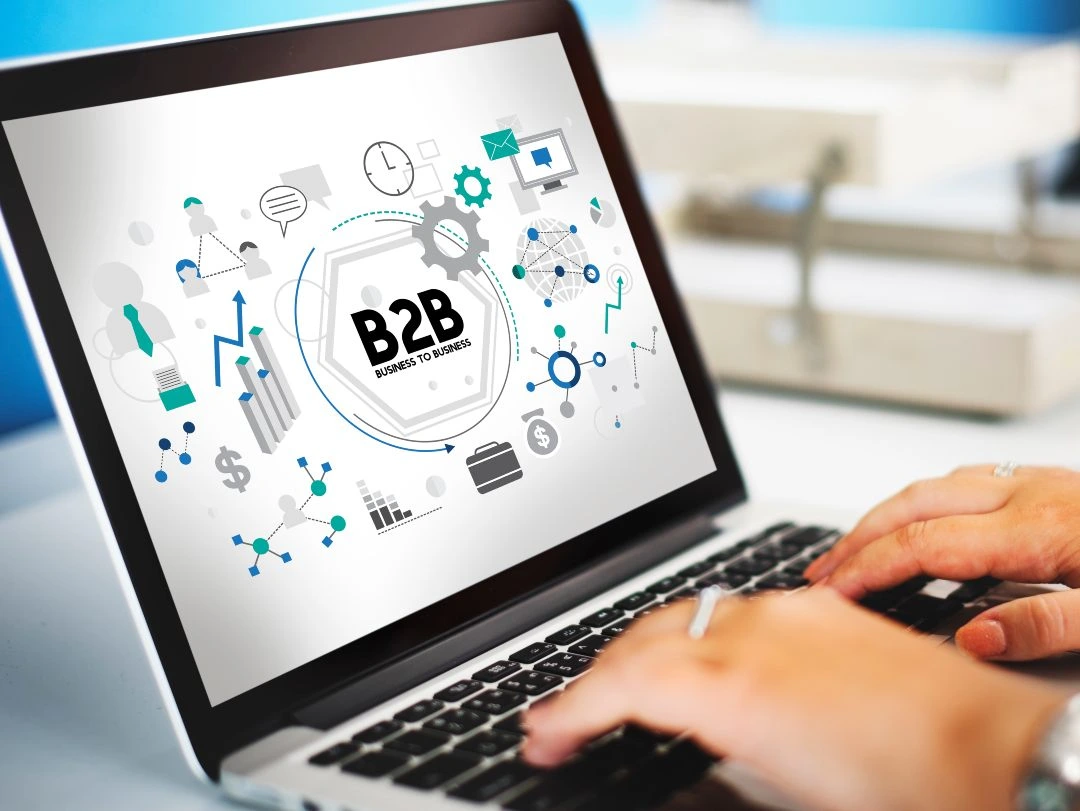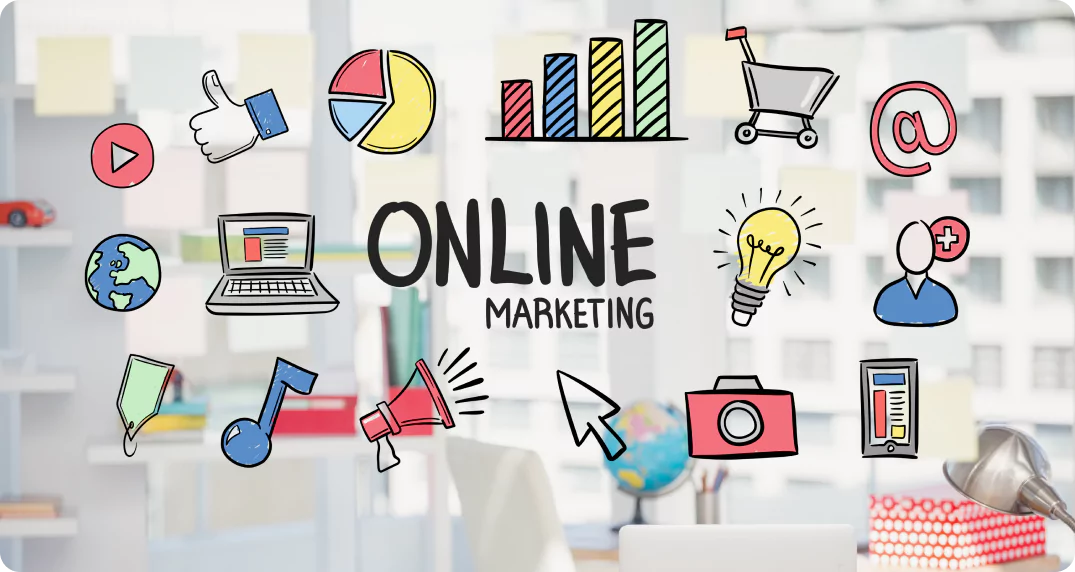Listen to article
In today’s digital landscape, where businesses are constantly vying for attention, understanding what marketers really get from SEO is more critical than ever. It’s easy to get lost in the noise, but the numbers tell a clear story: SEO effectiveness isn’t just about rankings, it’s about driving tangible results.
From boosting website traffic to improving conversion rates and enhancing overall brand visibility, a well-executed SEO strategy can be a game-changer. But what exactly are the key benefits, and how can businesses measure their success? Let’s delve into the data-backed insights that reveal the true value of SEO and how to optimize your approach for maximum impact.
Transforming SEO Content Creation with AI: Quality Meets Efficiency

Source: HubSpot
AI is no longer a futuristic promise; it’s a present-day game-changer, especially in SEO content creation. By automating repetitive tasks and enhancing creativity, AI is empowering marketers to focus on delivering high-quality, targeted content. It’s not just about saving time—it’s about creating more impactful connections with audiences and driving measurable results. Let’s dive into some statistics that showcase how AI is shaping the content marketing landscape.
- 85% of marketers report that leveraging AI in their content development workflow has significantly improved the quality of their content. Source
- 77% of marketers agree that AI helps them craft more personalized and tailored content, improving audience engagement. Source
- AI is widely used for creating blog posts (58%), social media content (55%), and short articles (49%), enabling marketers to produce high-quality content quickly and avoid writer’s block. Source
- 43% of bloggers rely on AI tools for idea generation and brainstorming, speeding up the ideation process. Source
- Businesses using AI report a 68% increase in ROI, thanks to more efficient workflows and data-driven content distribution strategies. Source
- AI has cut the time spent writing content in half, reducing the average weekly output time from 20 hours to just 10 hours. Source
Key Takeaway
AI isn’t just a helpful tool—it’s becoming an essential asset for modern marketers striving to stay competitive in a content-saturated market. By minimizing the time spent on repetitive tasks, AI enables teams to focus on creating strategic, audience-focused content that resonates more deeply. This also allows marketers to scale their efforts, experiment with new formats, and optimize their SEO strategies based on data insights. AI’s role in improving ROI and driving personalization is a testament to its lasting impact on the marketing industry.
Pro Tip:
Start small but think big! Begin by adopting AI for specific tasks like content ideation or generating meta descriptions, and progressively expand to more advanced applications such as predictive analysis or content optimization. Tools like Jasper, Grammarly, and ChatGPT can help you streamline your process while maintaining creativity and quality.
The Core Influence of SEO in Driving Digital Success
Search Engine Optimization (SEO) is far more than a technical strategy; it’s the backbone of online visibility and a critical driver of sustainable growth. Whether it’s connecting users to content, elevating brand authority, or funneling organic traffic, SEO sits at the heart of digital success. With billions of daily searches and a significant share of the digital marketing landscape attributed to search, the data reveals just how integral SEO is to achieving both short-term wins and long-term goals. Let’s dig deeper into the numbers that highlight SEO’s unmatched impact:
- An overwhelming 93% of online experiences begin with a search engine. Source
- Approximately 3.5 billion searches are conducted on Google every single day. Source
- Search accounts for 40.9% of the global digital advertising and marketing spend. Source
Key Takeaway
As digital landscapes grow more crowded, search engines remain the critical path to connecting businesses with their audiences. With the majority of online interactions starting with a search and nearly half of digital spend pouring into search strategies, brands that neglect SEO risk being invisible to potential customers. High-quality content creation and user-first optimization are not just trends but imperatives for staying competitive and reaping measurable ROI from your digital efforts.
Pro Tip:
To stay ahead of the curve, focus on E-E-A-T (Experience, Expertise, Authority, and Trustworthiness) in your content strategy. Beyond keywords, aim to solve your audience’s pain points, answer their questions comprehensively, and ensure your website delivers an intuitive, fast, and mobile-friendly experience. This holistic approach not only boosts rankings but builds lasting trust with both users and search engines alike. For businesses looking for a broader approach, combining SEO with full-service marketing strategies can help create a cohesive digital presence that drives results across multiple channels.
Navigating the SEO and PPC Equation: Visibility, ROI, and Growth
When building a robust digital marketing strategy, the decision between SEO and PPC isn’t about choosing one over the other—it’s about finding the right balance. SEO excels in driving sustained, organic growth over time, while PPC provides an immediate boost in visibility and traffic. By understanding the nuances of these approaches and their role in the larger marketing ecosystem, businesses can reap the best of both worlds while optimizing their resources for maximum ROI.
- PPC advertising offers unlimited visibility potential, whereas SEO visibility is typically limited to the major search engines. Source
- Paid media campaigns, such as PPC, can generate twice the number of visitors compared to SEO efforts. Source
- Search advertising remains the leader in the global digital ad industry, generating $153 billion in revenue in 2021. Source
- By 2024, global ad spending in the search advertising market is expected to hit $306.7 billion. Source
- The digital display market is projected to grow at a compound annual growth rate of 15.5%, while search advertising will see a growth rate of 12.2%. Source
Key Takeaway
The competition for visibility in today’s crowded digital landscape requires a thoughtful mix of both SEO and PPC. While PPC delivers instant visibility and dominates the advertising market with its scalability, SEO offers unmatched value in building consistent, long-term traffic. By leaning on PPC for quick wins and combining it with the compounding benefits of SEO, businesses can achieve both short-term impact and sustained growth over time.
Pro Tip:
To maximize ROI, evaluate your specific goals, budget, and audience behavior. Use PPC for high-intent campaigns or time-sensitive promotions and rely on SEO to establish and maintain evergreen content that draws consistent traffic. Integrating platforms like Google Analytics or SEMrush can provide insights to fine-tune the synergy between these strategies.
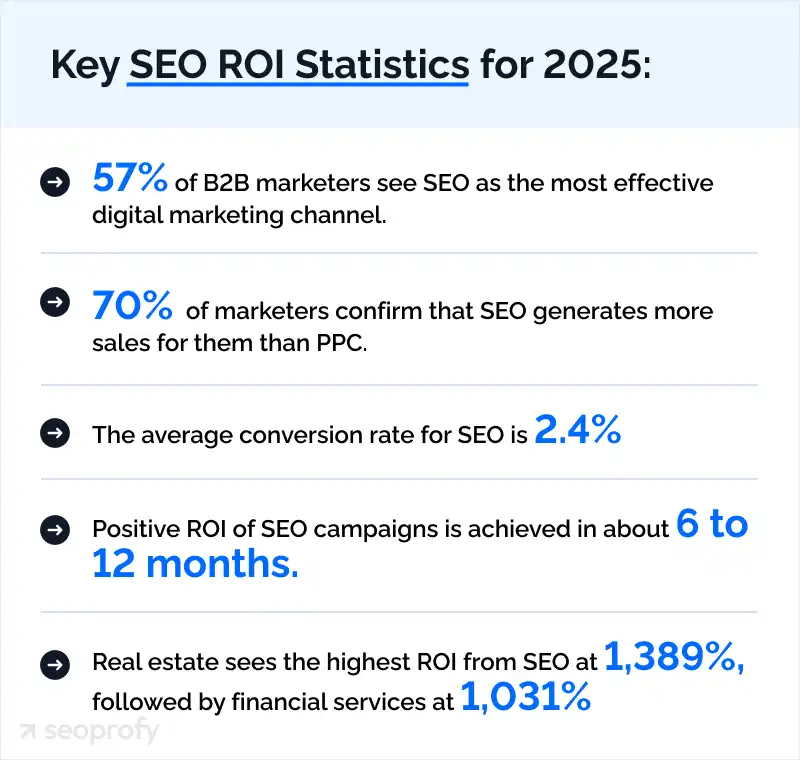
Source: SEOProfy
In today’s high-stakes marketing environment, proving ROI is no longer a nice-to-have—it’s a non-negotiable. With every dollar under a magnifying glass, marketers are turning to scalable, cost-effective strategies like SEO to show measurable impact. Beyond just driving traffic, SEO’s ability to attract high-quality leads while maintaining budget efficiency has made it a cornerstone of modern marketing frameworks.
- 60% of marketers are feeling heightened pressure to demonstrate the ROI of their budgets. Source
- Content marketing, a key part of SEO, costs 62% less than traditional marketing and generates three times more leads. Source
When every campaign must justify its expense, SEO emerges as a long-term, value-driven strategy to help marketers meet growing accountability demands. By prioritizing content marketing within your SEO efforts, you’re not only positioning your brand as a trusted expert but also building a reliable pipeline of high-intent traffic and leads.
Pro Tip:
Make your content work harder for you. Focus on evergreen topics that stay relevant over time, optimize for long-tail keywords that align with user intent, and analyze performance metrics to continually refine and maximize ROI. Pair these efforts with analytic tools to clearly demonstrate the impact of SEO on your bottom line.
SEO ROI Tracking: Why It Matters More Than Ever
In a competitive landscape where every marketing dollar counts, the inability to measure SEO ROI is more than just a missed opportunity—it’s a barrier to better decision-making and long-term growth. Businesses investing in SEO without quantifying its impact are essentially flying blind, unable to determine whether their strategies are driving meaningful outcomes or wasting resources. This underscores the importance of leveraging data to not only track performance but also refine campaigns for maximum efficiency and profitability.
- A striking 44% of businesses report lacking a quantitative understanding of their marketing’s impact. Source
- A remarkable 87% of marketers admit that data is the most underutilized asset within their organization. Source
- Nearly 47% of marketers confess they do not track the ROI of their content marketing efforts. Source, Source
- Approximately 26% of marketers believe that robust data fosters higher overall ROI. Source, Source
Key Takeaway
The statistics speak for themselves: many marketers are sitting on untapped potential by not fully utilizing data to track SEO ROI. In today’s resource-conscious climate, every bit of insight matters—not just for justifying budgets but for identifying strategies that work and scaling them effectively. Businesses that commit to tracking and analyzing their performance set themselves apart by not only improving ROI but also gaining a competitive edge.
Pro Tip:
Start small but think big. Use tools like Google Analytics, Ahrefs, or SEMrush to track key performance metrics such as organic traffic, conversion rates, and customer acquisition costs. Over time, refine your KPIs to align with broader business goals and enable smarter, more impactful decision-making.
How AI is Transforming SEO for Unprecedented ROI
Artificial intelligence is no longer just a futuristic concept; it’s an indispensable asset for businesses looking to maximize their SEO efforts. From optimizing keyword strategies to automating repetitive tasks, AI empowers marketers to focus on high-impact activities that drive results. With competition for online visibility at an all-time high, leveraging AI is quickly becoming a game-changer in the world of search engine optimization.
- Marketers who utilize AI in their SEO strategies experience an average increase of 70% in ROI. Source
Key Takeaway
The takeaway? AI isn’t just a “nice-to-have” — it’s the competitive edge that separates leading marketers from the rest. Beyond efficiency, its ability to uncover actionable insights and predict trends enables businesses to stay one step ahead in dynamic search landscapes.
Pro Tip:
To unlock the full potential of AI in your SEO strategy, consider integrating tools like Clearscope, Surfer SEO, or MarketMuse to refine content relevance, track performance in real time, and adjust strategies on the fly. The future of SEO isn’t just smarter — it’s faster and more precise with AI.
The KPIs That Truly Define SEO Success
In the competitive landscape of digital marketing, understanding which metrics matter most can elevate your SEO strategy from guesswork to precision. While there’s no universal formula for success, KPIs provide a tangible way to measure the impact of your efforts. These metrics go beyond surface-level numbers, offering valuable insights into how your audience interacts with your content, engages with your site, and ultimately converts into leads or customers.
- Over one-third of marketing leaders rank conversion rates as their top KPI. Source
Key Takeaway
These statistics reveal a critical insight: successful SEO isn’t just about driving more traffic—it’s about achieving meaningful engagement and tracking the actions that move your business forward. Website engagement, traffic, and especially conversion rates are not just numbers; they represent opportunities to refine your strategy, improve your customer journey, and maximize ROI. The real magic happens when KPIs are used to tell a story about what’s working and where you should pivot.
Pro Tip:
Build a dashboard to monitor your KPIs in real time. Use tools like Google Analytics, SEMrush, or HubSpot to correlate metrics such as engagement and conversion rates with your broader goals. This data-driven approach will help you adapt quickly and ensure your SEO efforts are meeting your desired impact.
How Google’s Influence Shapes SEO Strategies
Google’s role as the powerhouse of the search engine world is impossible to ignore. It’s the first destination for countless users seeking information, products, and services, making it the cornerstone of any successful digital marketing strategy. Optimizing for Google isn’t just about ranking higher—it’s about leveraging the platform to capture intent-driven traffic, build authority, and stay competitive in an online marketplace where visibility equals credibility.
- Google dominates the global search engine market, holding an unmatched 92% market share. Source
- In the United States, 63.4% of all web traffic is driven by Google searches. Source
Key Takeaway
The data highlights Google’s outsized impact on user behavior and underscores why businesses must approach SEO as a continuous, evolving strategy—not a one-time effort. With such a significant percentage of web traffic originating from Google, failing to optimize for its algorithm means leaving opportunities—and revenue—on the table.
Pro Tip:
Don’t just aim for rankings; aim for relevance. Focus on creating high-quality, user-centric content and delivering value that aligns with the search intent of your target audience. Tools like Google Search Console, SEMrush, and Ahrefs can help you identify valuable keywords and track performance to refine your approach. Staying proactive with algorithm updates will keep your brand visible in an ever-changing search landscape.
Why Video is the Secret Weapon for SEO Success
In a world where attention spans are shrinking and competition for visibility is fierce, video content has emerged as a top-tier strategy for marketers aiming to dominate search rankings. Beyond just capturing attention, video amplifies SEO efforts by driving engagement and encouraging longer on-site dwell times—two factors that search engines prioritize when determining rankings. If you’re not leveraging video yet, you could be leaving valuable traffic and rankings on the table.
- Blogs with video get three times more inbound links than text-only posts. Source
Key Takeaway
The numbers don’t lie—video is no longer an optional add-on but a central component of content strategies that perform. Creating video content not only boosts your odds of appearing in organic search results but also appeals to the high volume of users looking for dynamic, visual experiences online.
Pro Tip:
Elevate your video SEO game by embedding videos into high-ranking blog posts, using accurate captions for accessibility, and pushing for engagement by adding interactive features like clickable calls-to-action or end screens with links. These tactics ensure your videos work harder for your brand!
How B2B Marketers Prioritize Budget for Content Marketing
Budgeting isn’t just a financial exercise—it’s a direct reflection of where B2B organizations place their priorities. For businesses navigating long sales cycles and complex decision-making processes, content marketing has emerged as a linchpin for building trust, educating audiences, and ultimately driving conversions. Examining how marketers allocate their budgets reveals not just current trends but also the future trajectory of the industry.
- B2B companies allocate an average of 9.7% of their total budget to marketing. Source
- Within the marketing budget, B2B marketers allocate 17% to content, trailing advertising at 19%, but ahead of tools and technology (16%) and personnel (12%). Source
- Nearly half (45%) of B2B companies plan to increase their content marketing spend in the next year, while another 42% intend to maintain their current budget. Source
Key Takeaway
Content marketing is no longer a “nice-to-have”—it’s a critical driver of business success in the B2B world. The numbers underscore a strategic shift: while advertising may still command slightly more resources, the growing focus on content reflects its ability to nurture relationships and provide long-term value. For marketers, maintaining or increasing content budgets isn’t simply about keeping up; it’s a way to ensure you’re staying relevant in an industry shifting toward education-driven engagement.
Pro Tip:
Strike a balance by investing in content that serves multiple purposes. From thought leadership articles to downloadable resources and SEO-driven blog posts, focus on creating assets that can be repurposed across multiple channels. Tools like SEMrush and HubSpot can help you measure ROI and refine your strategy as your content efforts gain traction.
Leveraging Blogging and LinkedIn Effectively in B2B Content Marketing
In the ever-competitive B2B landscape, building trust and fostering connections are pivotal to driving meaningful engagement. Blogging and LinkedIn have emerged as the cornerstone platforms that help B2B marketers achieve these goals. Blogging allows businesses to educate their audience, establish authority, and boost inbound traffic, while LinkedIn provides a professional space to amplify this content, influence decision-makers, and build lasting relationships.
- Blogging is a central component of the marketing strategy for 90% of content marketers. Source
- B2B companies that blog consistently report an impressive 67% higher monthly lead generation compared to those that don’t. Source
- Blogs are considered the single most valuable channel by 59% of B2B marketers. Source
- LinkedIn reigns as the leading platform for publishing and sharing B2B content. Source
- A remarkable 84% of B2B marketers agree that LinkedIn provides the highest value among social media platforms. Source
Key Takeaway
For organizations navigating the B2B space, consistently publishing quality blog content can be a game-changer, not just for attracting leads but also for nurturing them through the buyer’s journey. Similarly, LinkedIn offers a golden opportunity to engage with an audience that’s primed for professional insights. Together, these tools amplify your voice, foster thought leadership, and provide a direct channel to decision-makers who matter the most.
Pro Tip:
Move beyond sporadic posting—commit to a strategic blogging cadence and align your content with the pain points and aspirations of your target audience. To maximize results on LinkedIn, repurpose your blog insights into engaging posts, infographics, or thought leadership articles to diversify your reach.
Conclusion
The numbers tell a compelling story: SEO isn’t just a marketing tactic—it’s a transformative strategy that powers visibility, drives engagement, and delivers measurable ROI. From AI-driven content creation to the integration of paid channels, marketers are leveraging cutting-edge tools and blended approaches to maximize the impact of their SEO efforts. The rise in video content, the dominance of Google, and the proven ROI of high-quality blogging highlight that staying relevant in the digital landscape requires embracing innovation and optimizing every aspect of your strategy.
Yet, the key takeaway is clear: SEO’s effectiveness depends on consistent performance tracking and adapting to evolving trends. Businesses that invest in data-driven decisions, prioritize content as a cornerstone, and explore emerging technologies like AI and video optimization are the ones poised to capture the lion’s share of organic traffic and conversions.
Ready to boost your traffic and grow your website? Your customers are looking for you, and our SEO services can help you be found across search engines. Let’s unlock your business’s full potential together.
About What Do Marketers Really Get from SEO? The Numbers Behind the Channel
This guide was written by the Scopic Studios team and reviewed by Araksya Hakobjanyan, SEO Lead at Scopic Studios.
Scopic Studios delivers exceptional and engaging content rooted in our expertise across marketing and creative services. Our team of talented writers and digital experts excel in transforming intricate concepts into captivating narratives tailored for diverse industries. We’re passionate about crafting content that not only resonates but also drives value across all digital platforms.
Note: This blog’s feature image is sourced from Freepik.








